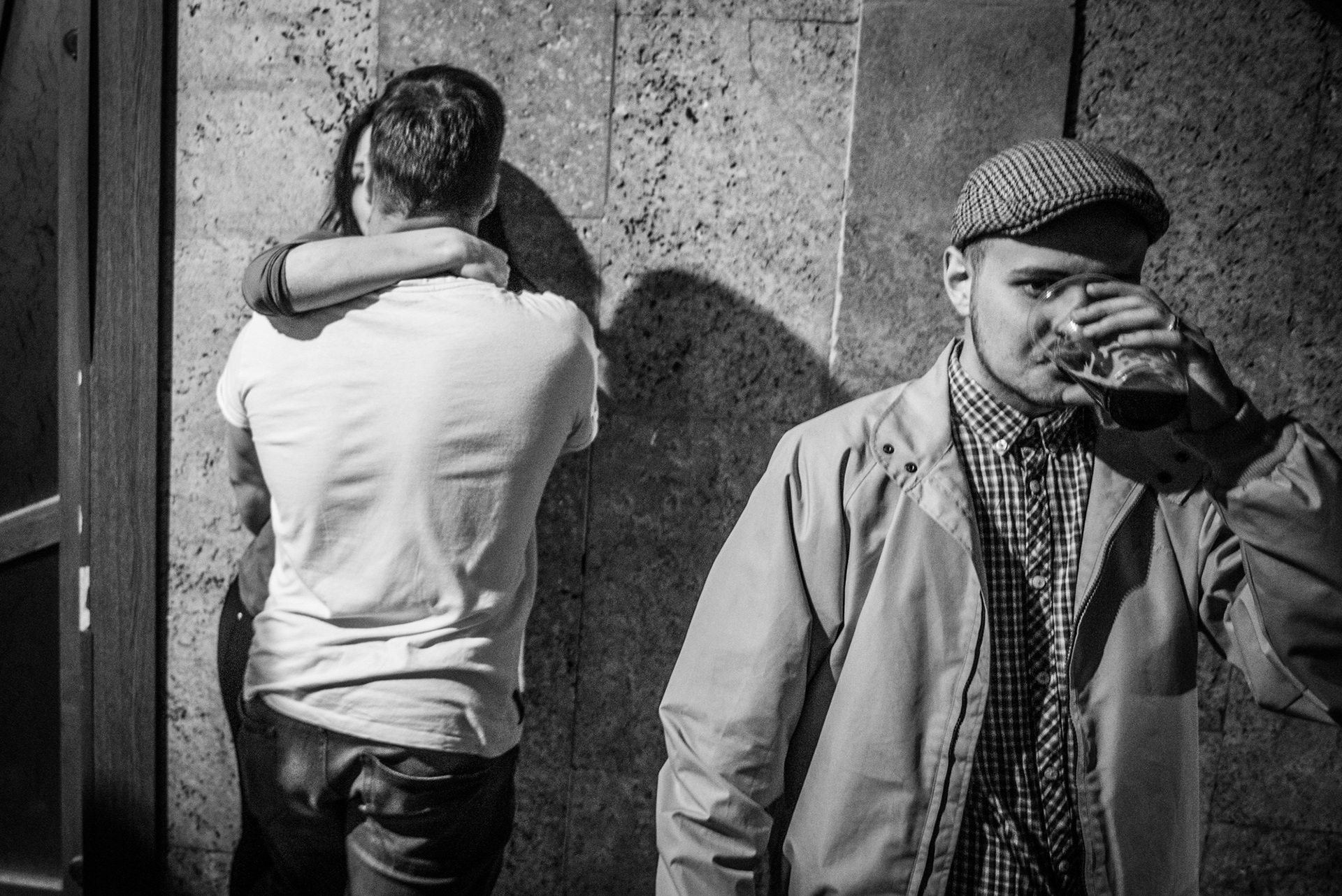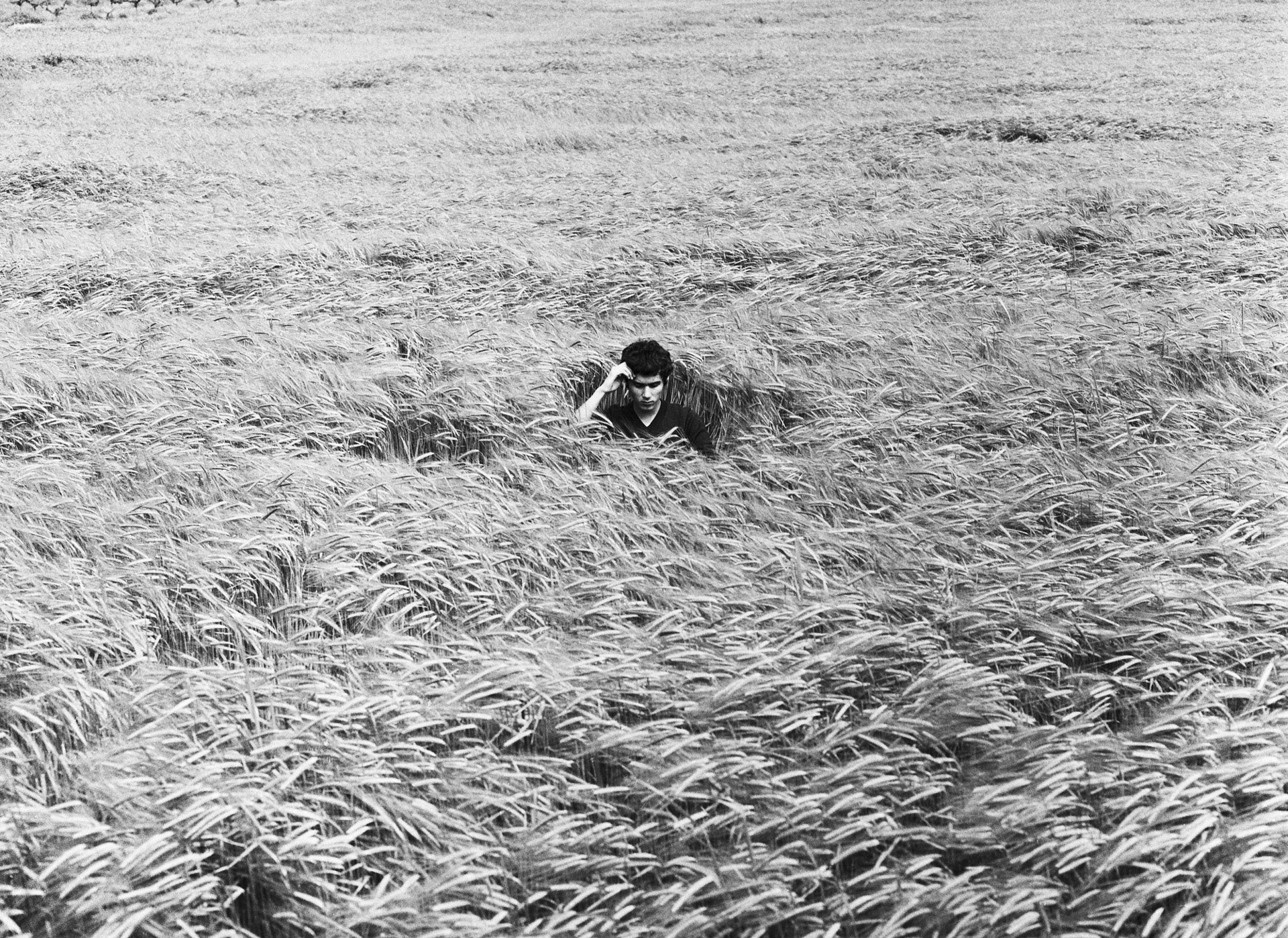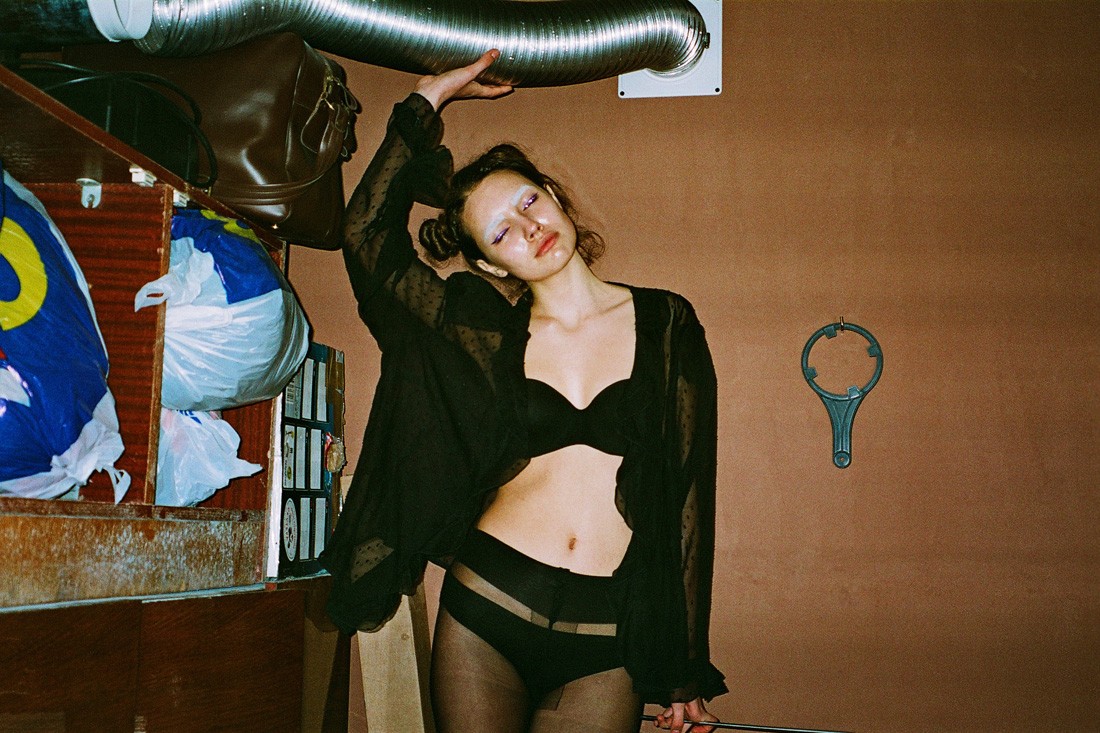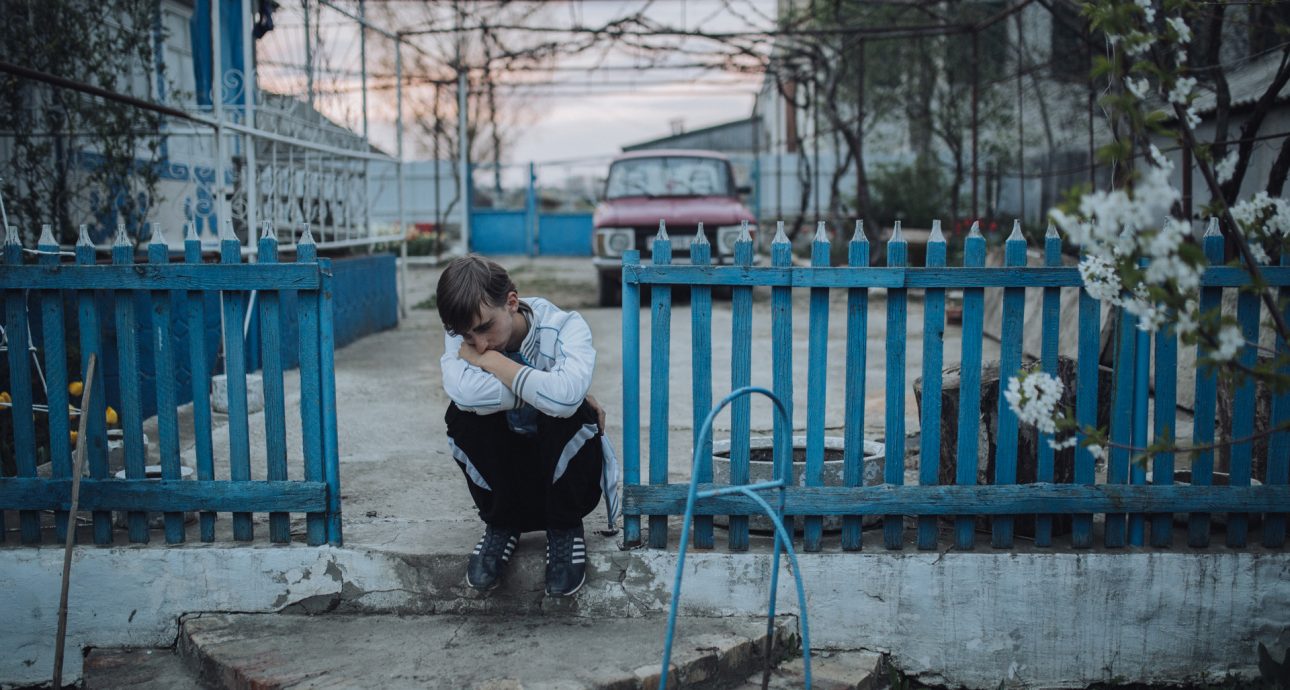
Young and Unrecognized:
Life of the Youth in Transnistria

Born and raised in Transnistria. Studied journalism at the Pridnestrovian State University. Currently studies photography at Fotografika, the Academy of Documentary Photography and Photojournalism in St. Petersburg.
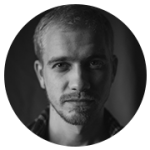
Photographer from Transnistria. Graduated from the Pridnestrovian State University, majored in Geography. Published his work in The Guardian, Business Insider, FK Magazine, Feature Shoot, Lenta.ru, and Novaya Gazeta. Participated in Organ Vida, Eastreet 3 festivals. The founder of Visual Anthropology of Moldova project.
— In the early 1990s, when the Soviet Union was about to collapse and Moldova proclaimed its independence, one of the regions of the Moldavian Soviet Socialist Republic decided to go another way.
Transnistria is a compact territory on the left bank of Dniester about 200 km long, located between Ukraine and Moldova. For over a quarter of a century the state status of the republic has not been recognized by the world community. The independence of Transnistria is recognized only by three post-Soviet republics: Abkhazia, South Ossetia, and Nagorno-Karabakh, which are unrecognized themselves. During this time, the whole generation grew up who identify themselves as ‘Pridnestrovians’.
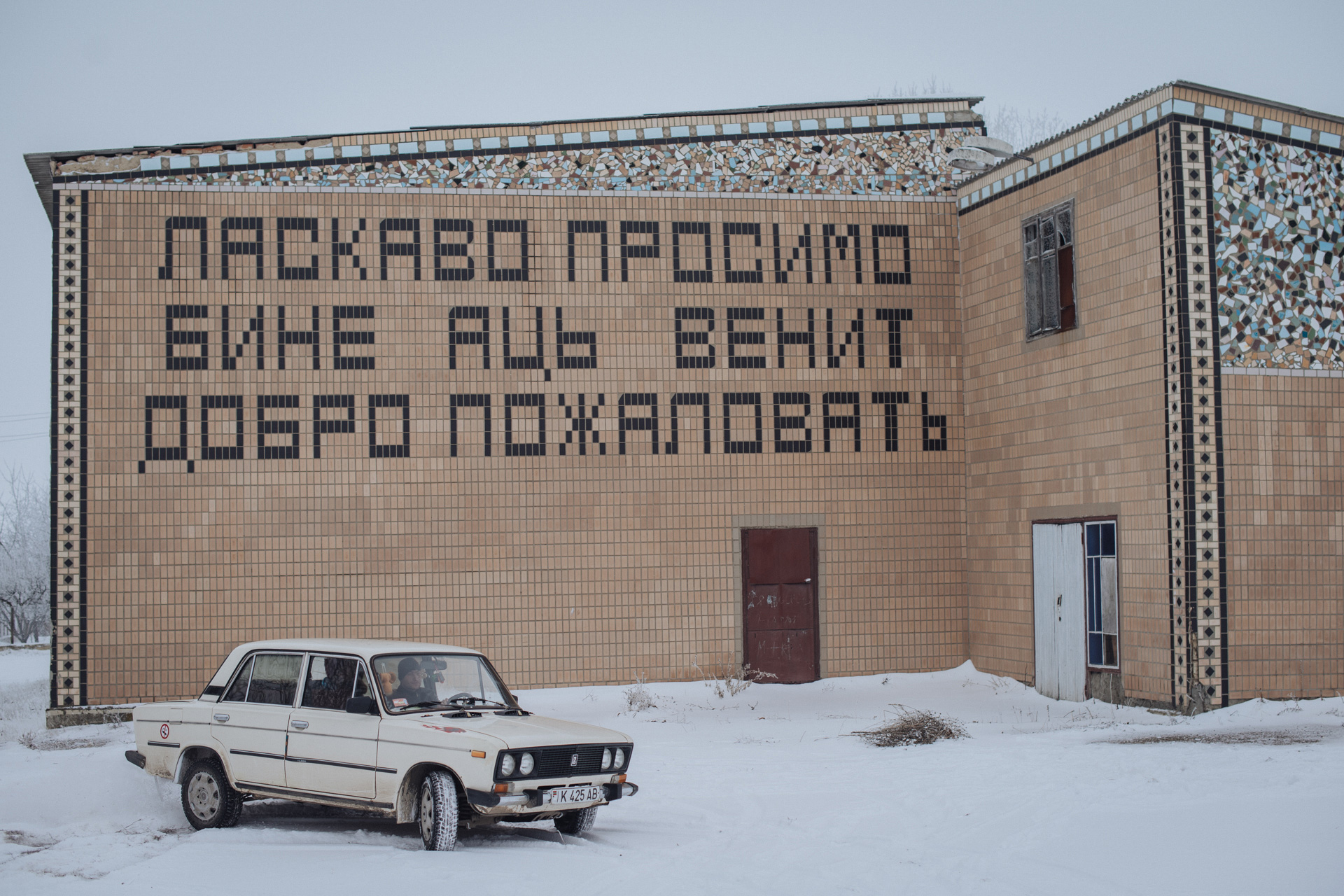
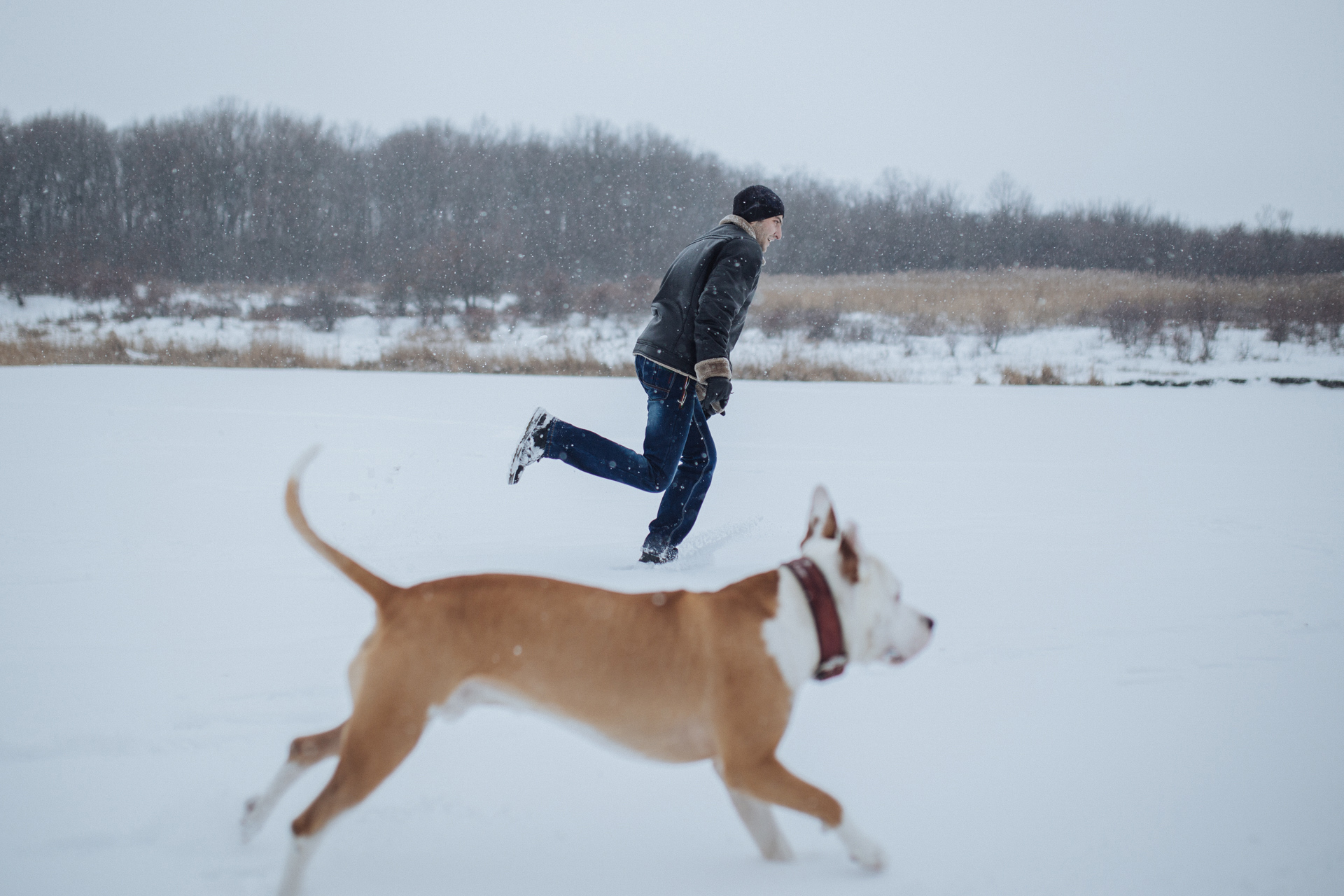
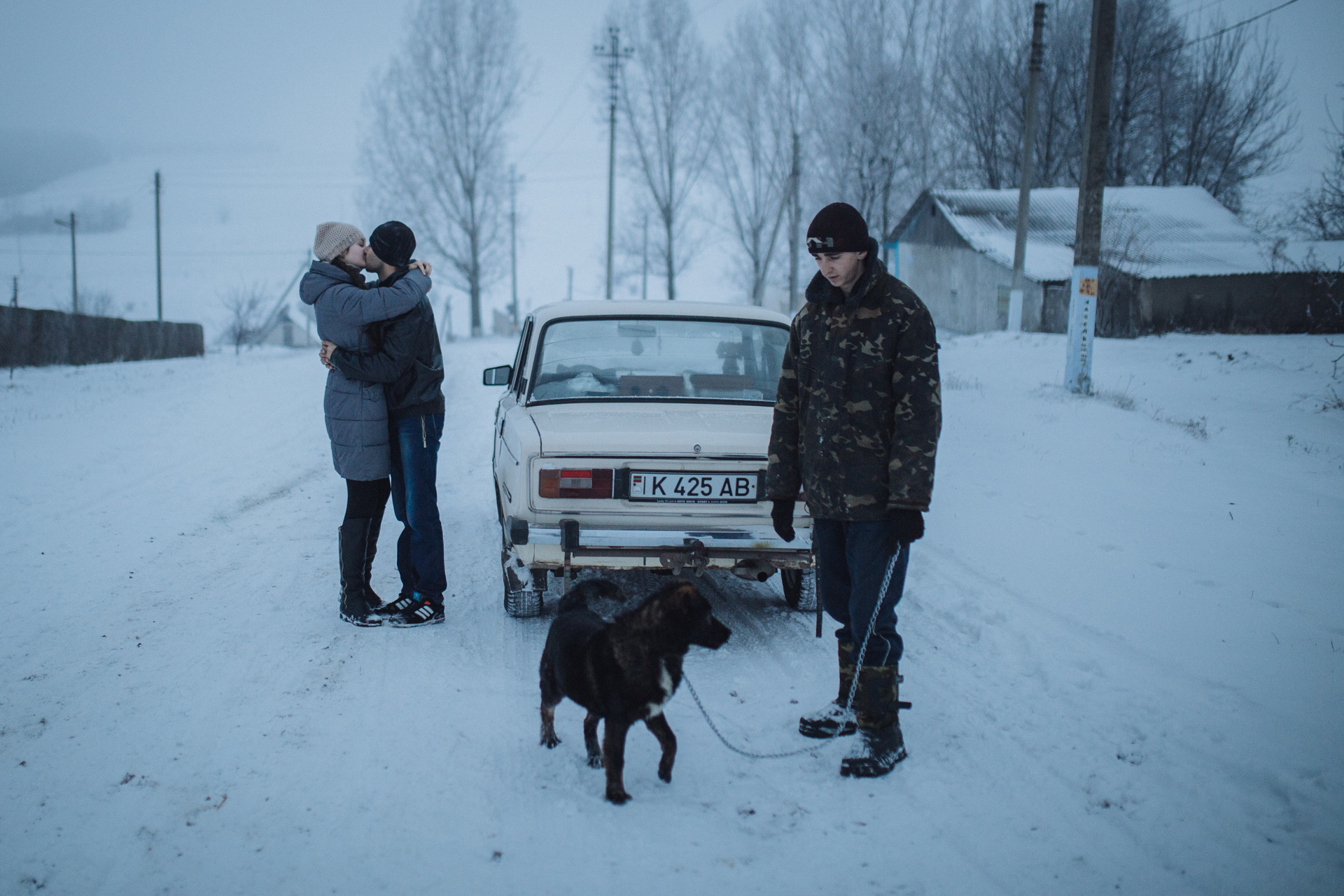
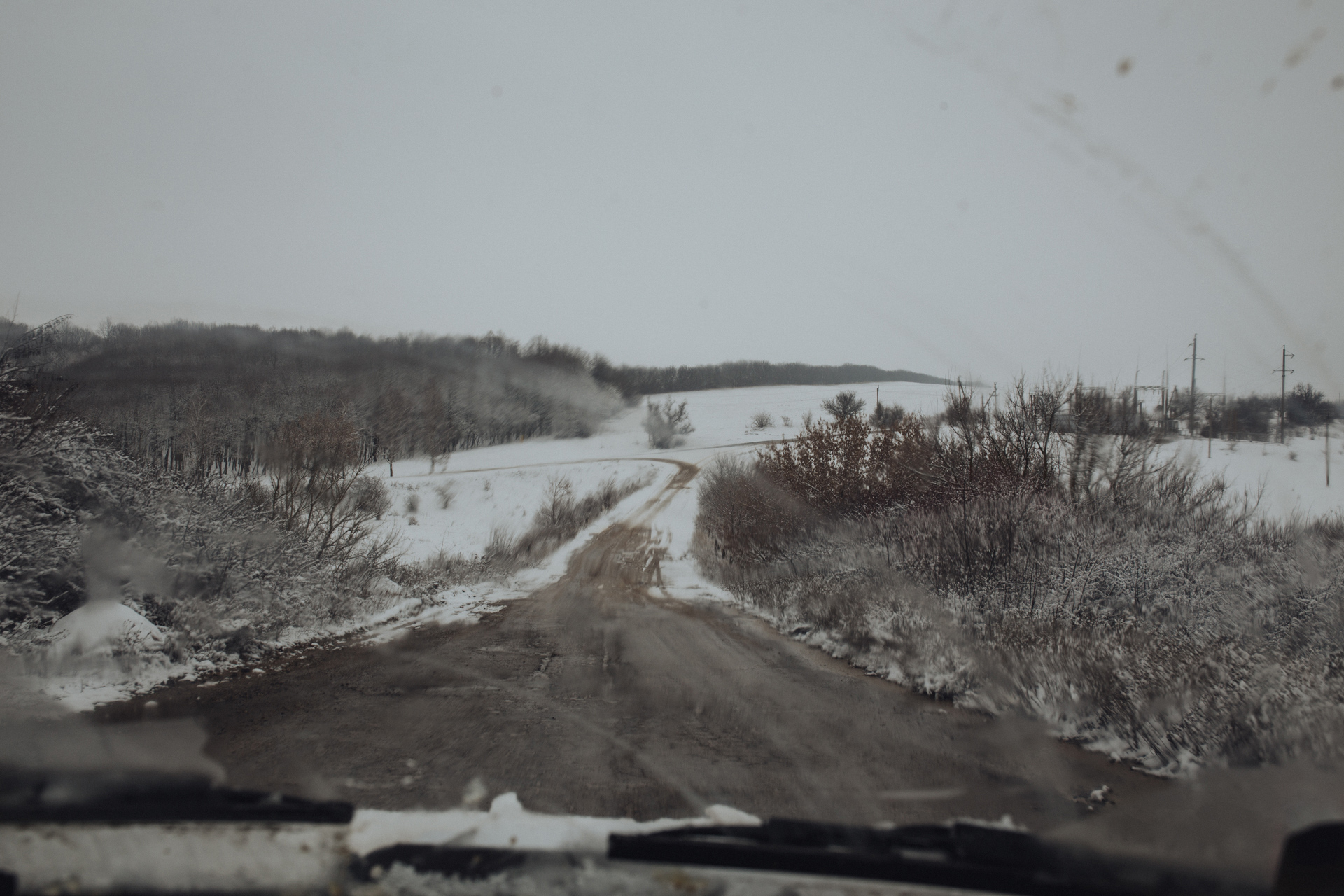
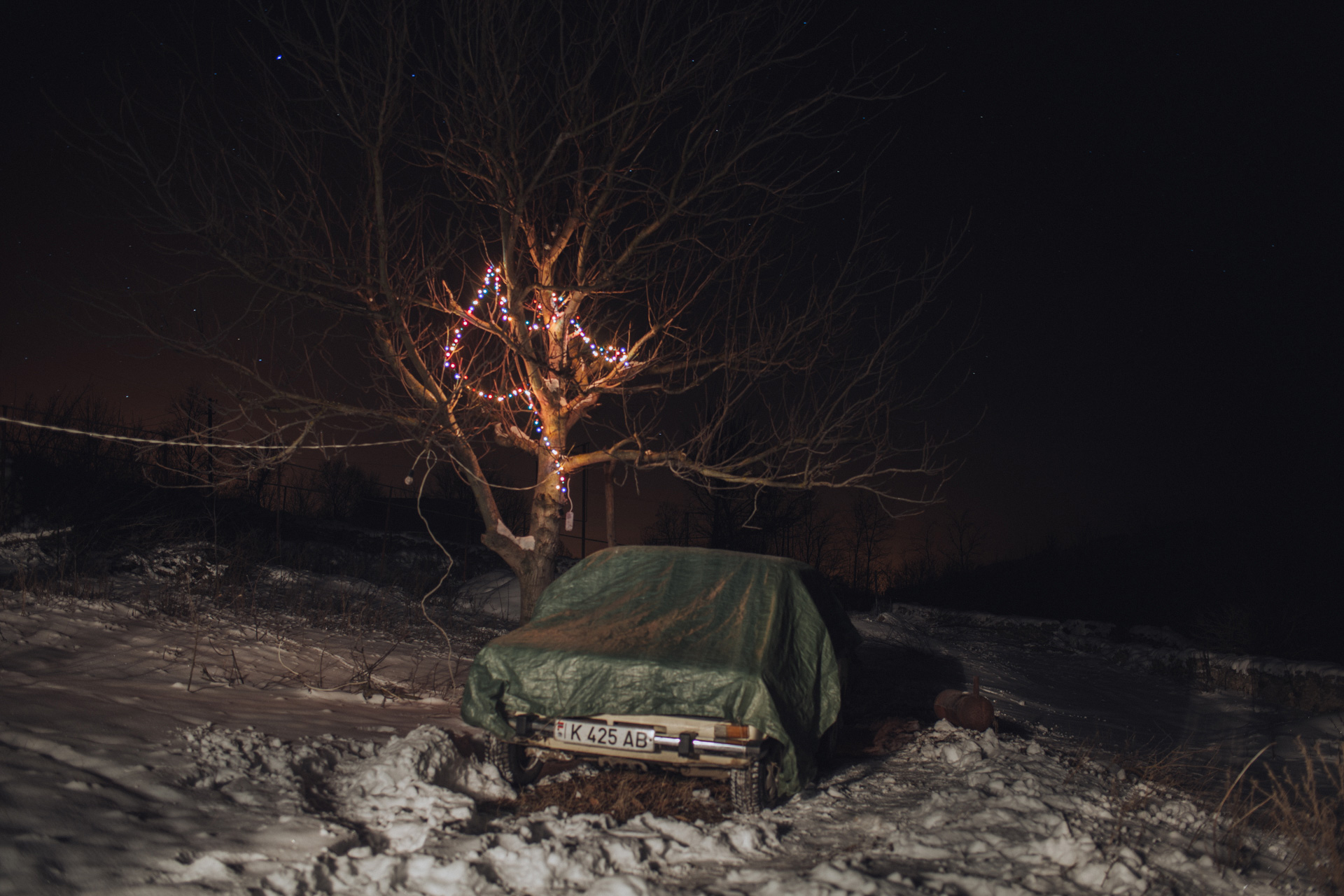
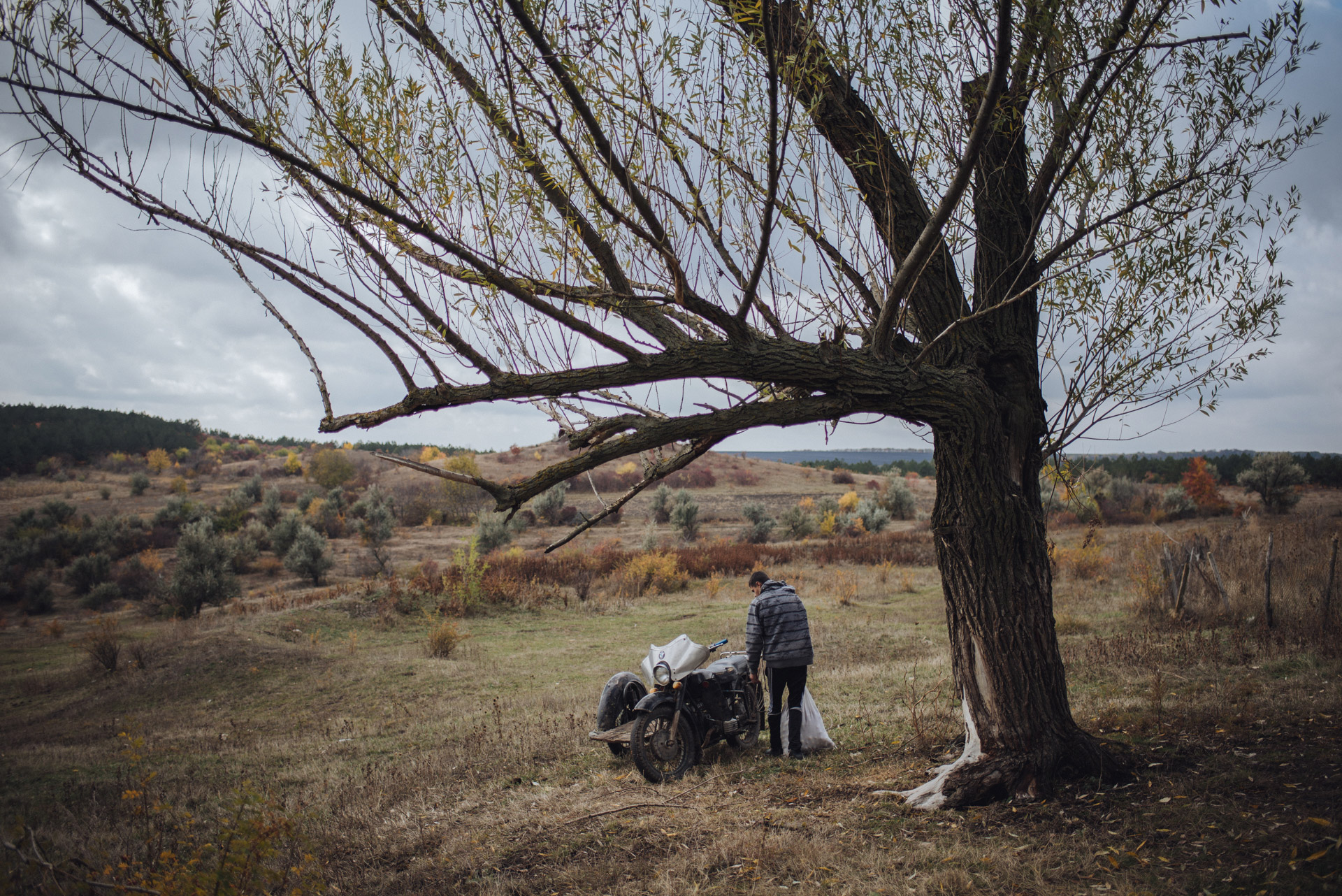
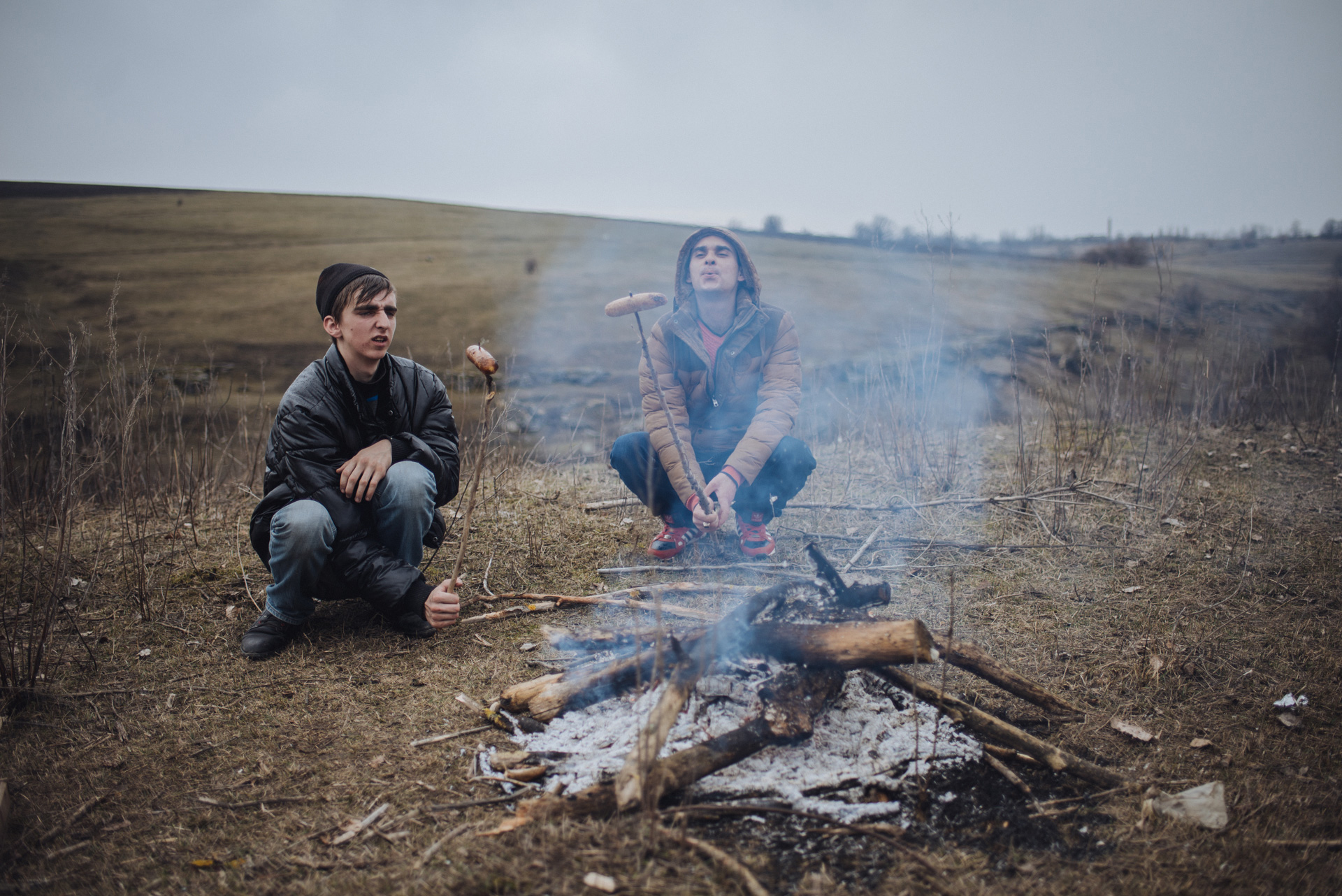
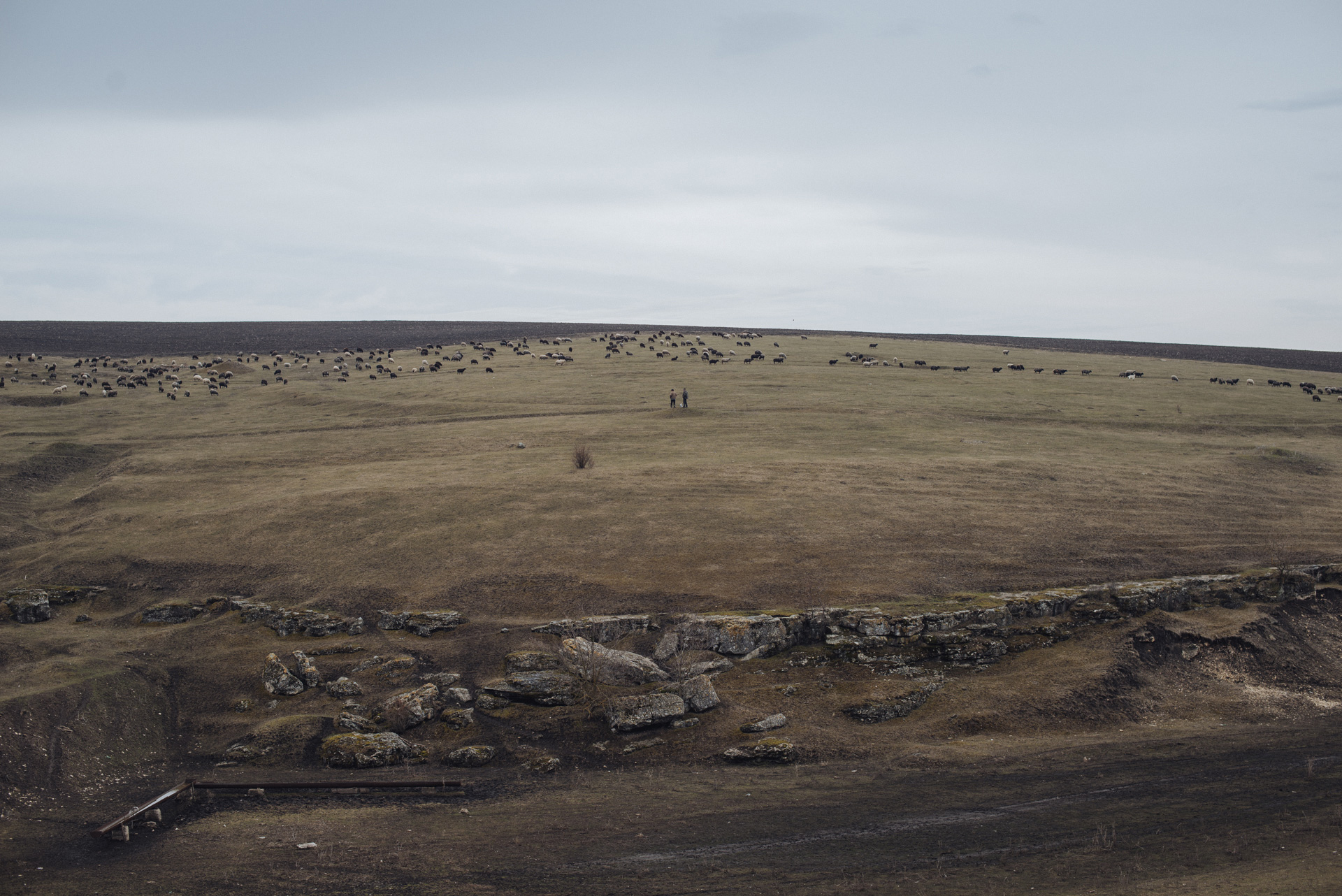
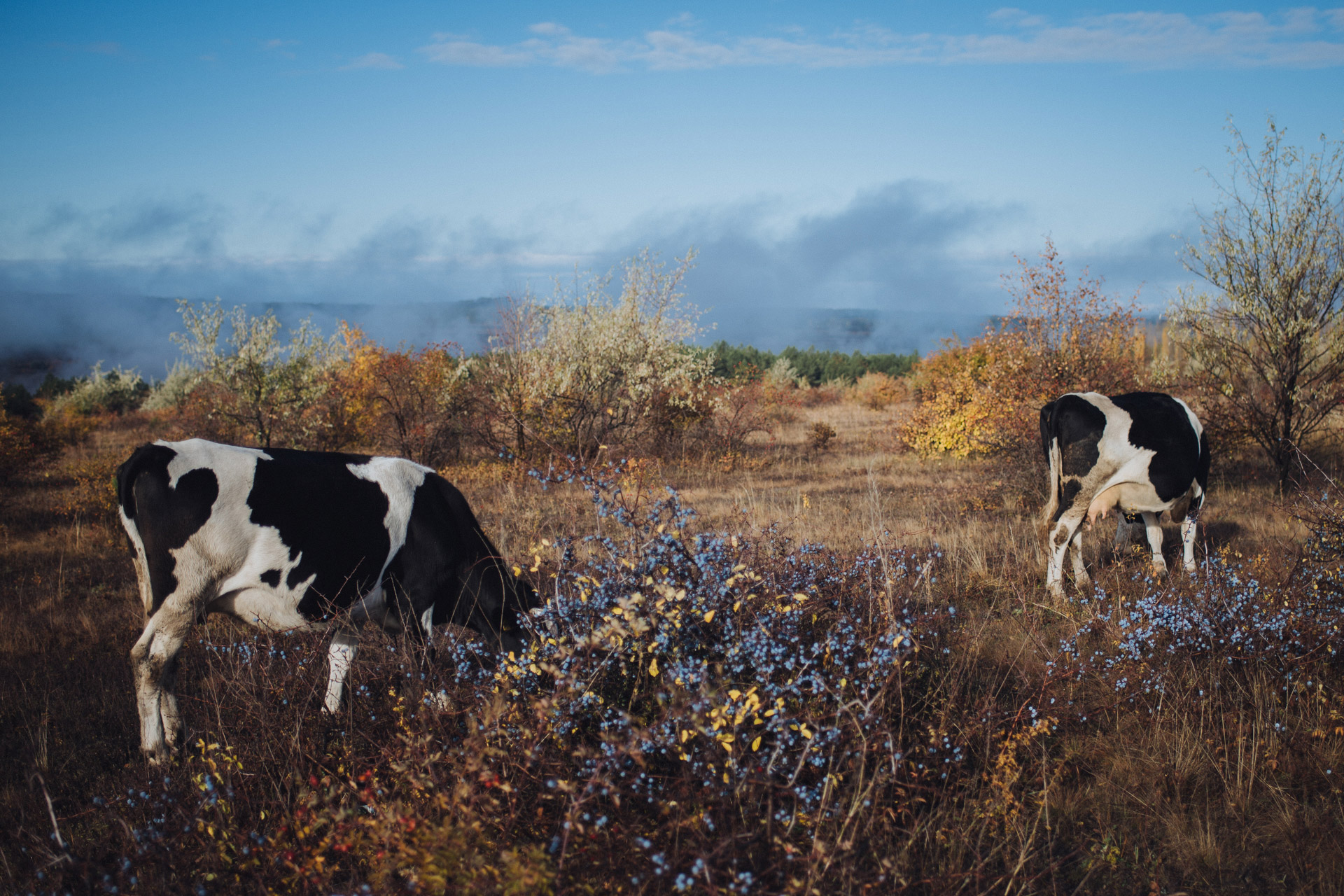
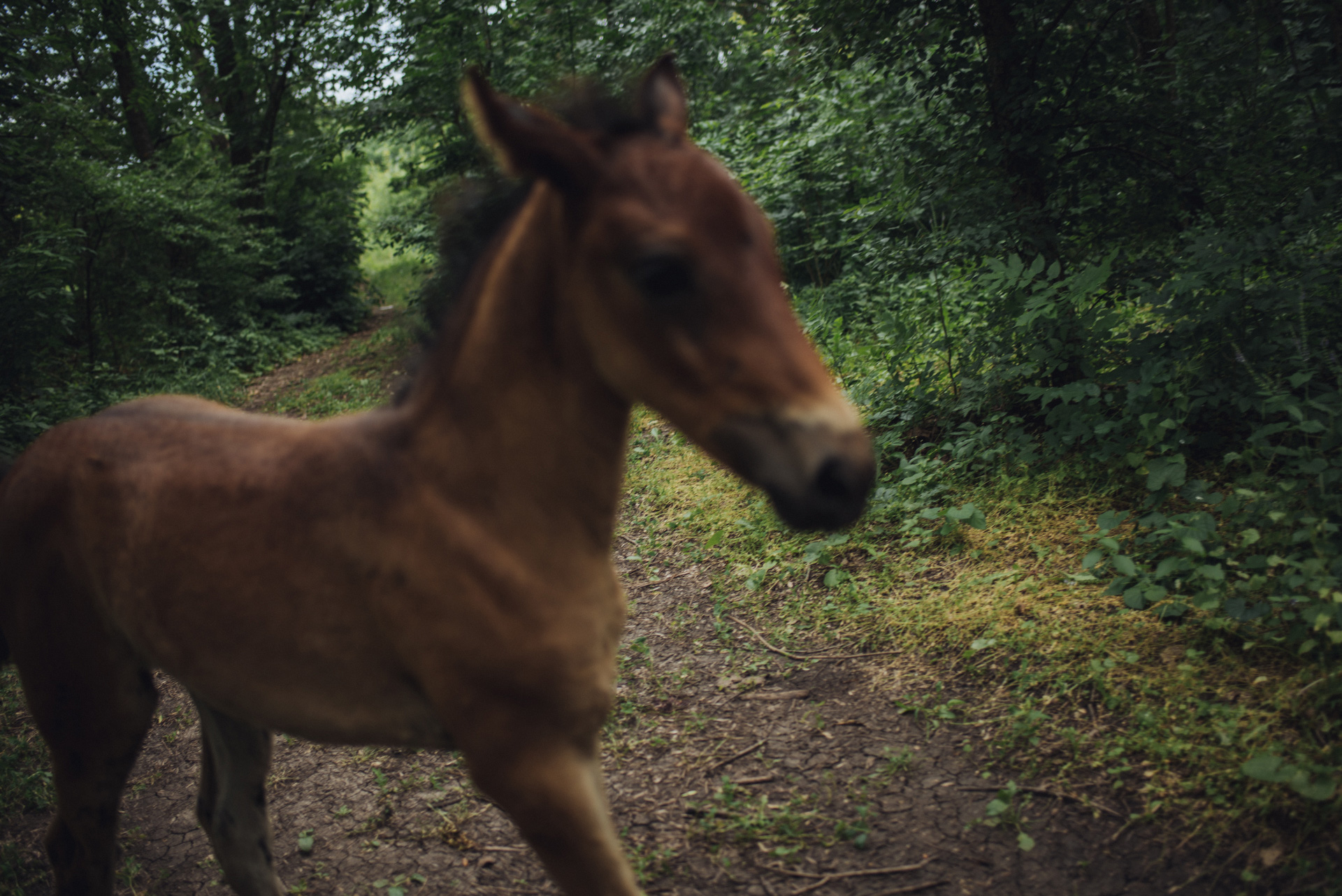
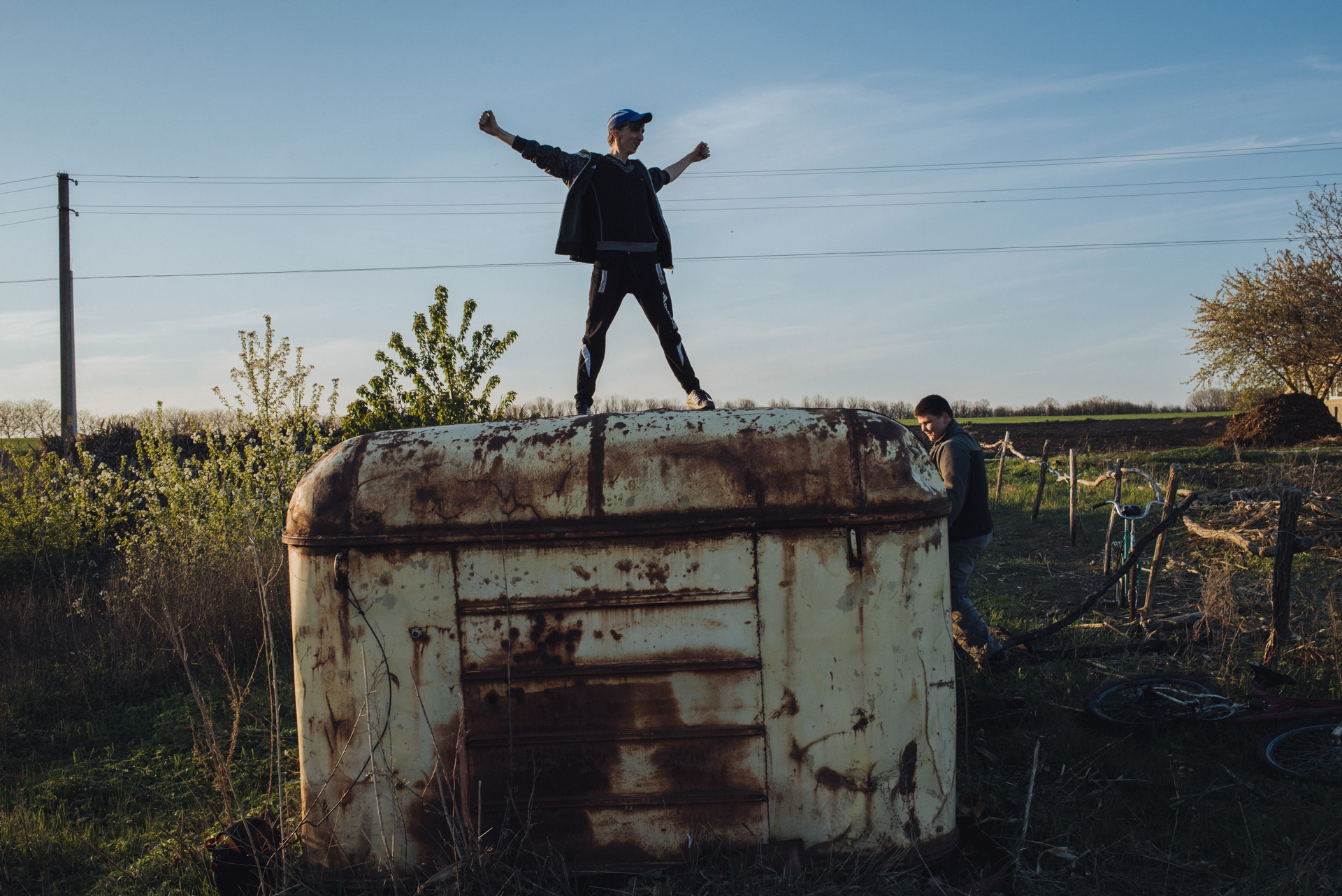
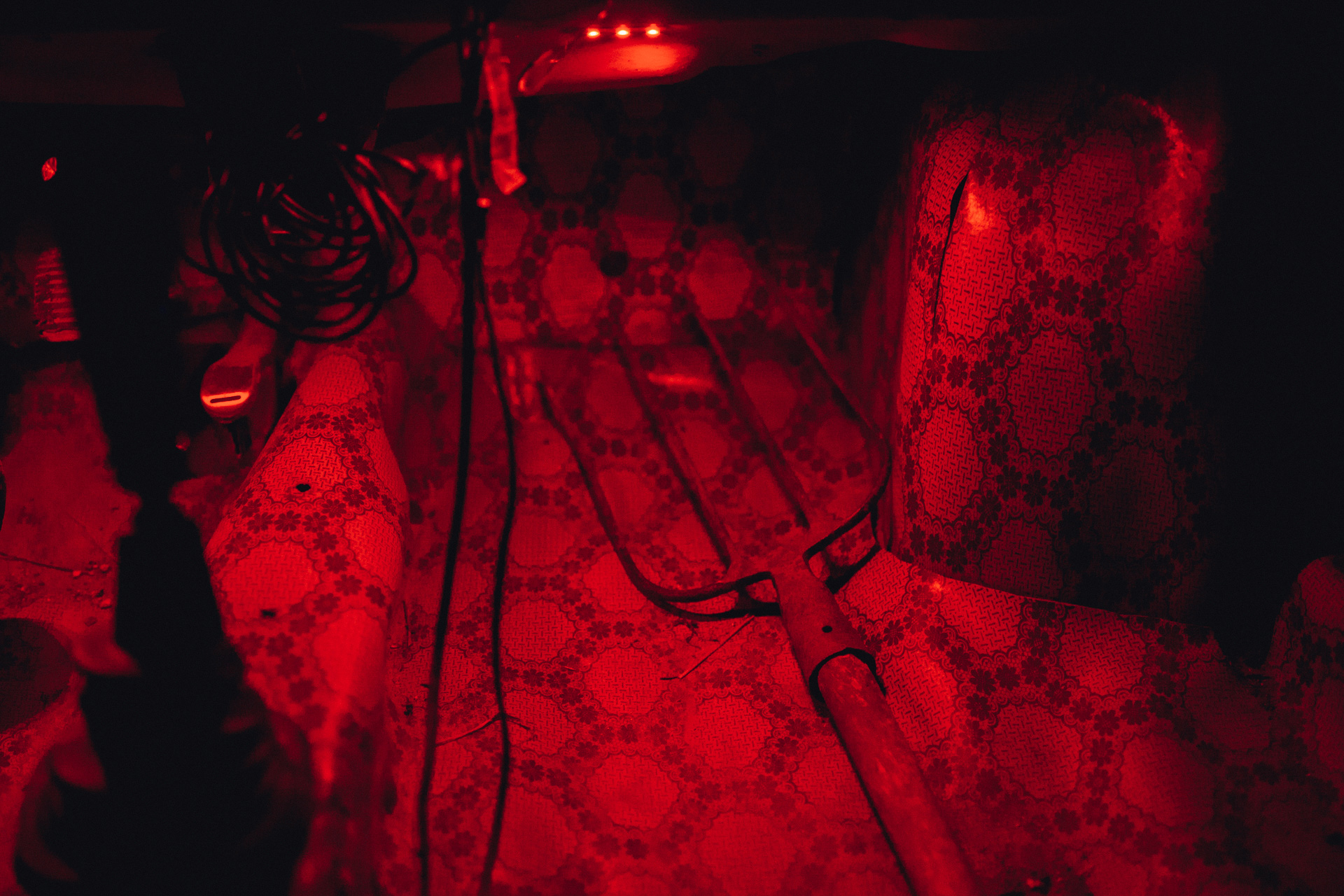
The heroes of our story are young people who live in the rural north of Transnistria. It seems at first that they have an idyllic life in the midst of rocks and hills covered in thick woods. They have a close relation to earth, nature, and farm animals, they are used to hard labor and love their native land. However, except the fact that their state is unrecognized, there is one more problem — the village is dying out. There are very few paid jobs, entertainment, or growth opportunities in their villages. That’s why at some point young people have to choose: stay in the village or leave their home to look for a better life. Having grown up in the near-border territory, where the cultures and histories of different countries and nationalities have mixed up, they feel certain uncertainty in front of the undefined future.
We borrowed the title for our story — Mahala — from the local dialect of Moldavian. This word names an isolated part of the settlement populated by people who are generally friendly towards each other and feel that together they form a kind of a community. Our heroes are also living their own secluded lives, are separated from the rest of the world and form a community that in the general sense is mahala: they have known each other their whole life, help each other with farming, celebrate holidays and grow up together.
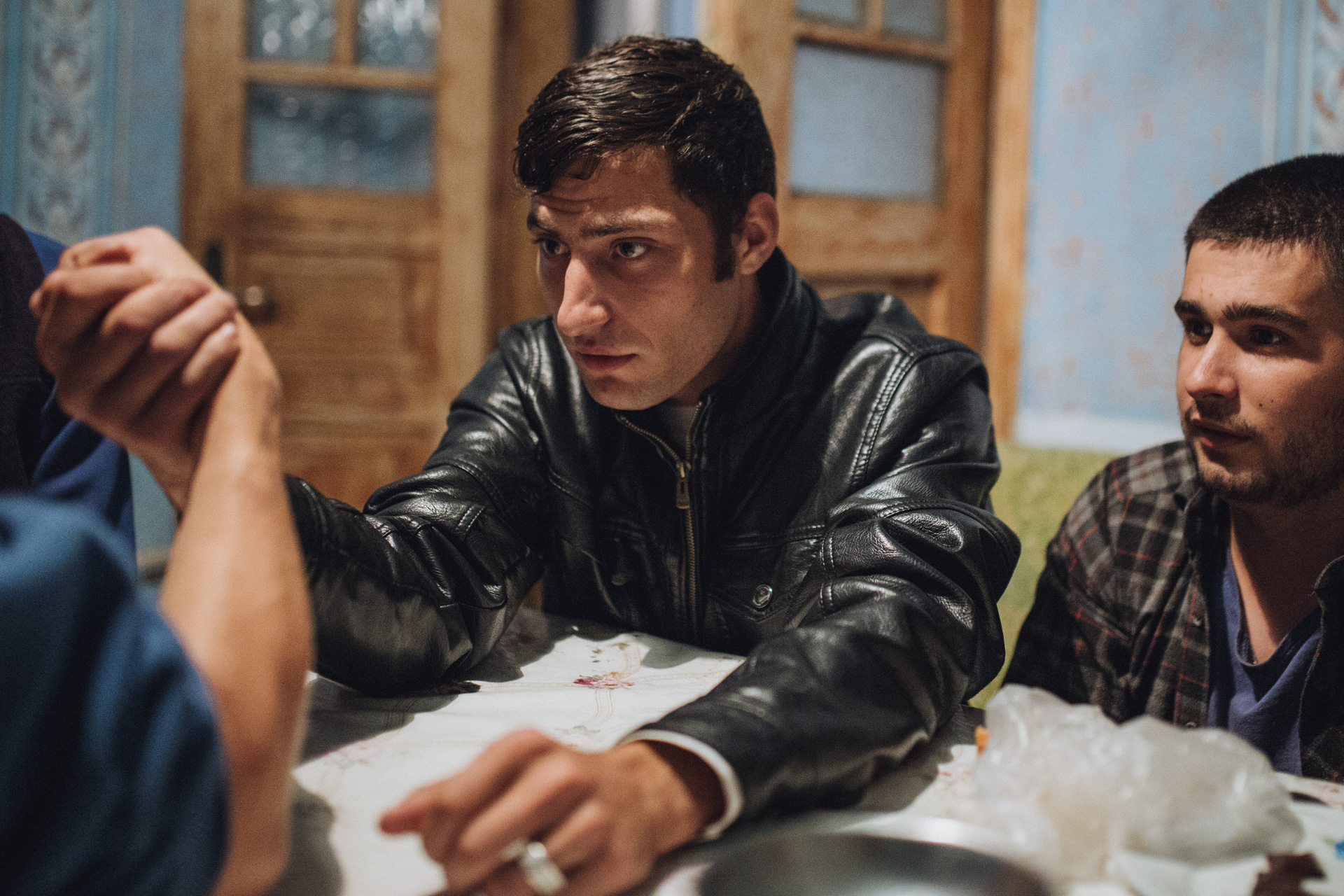
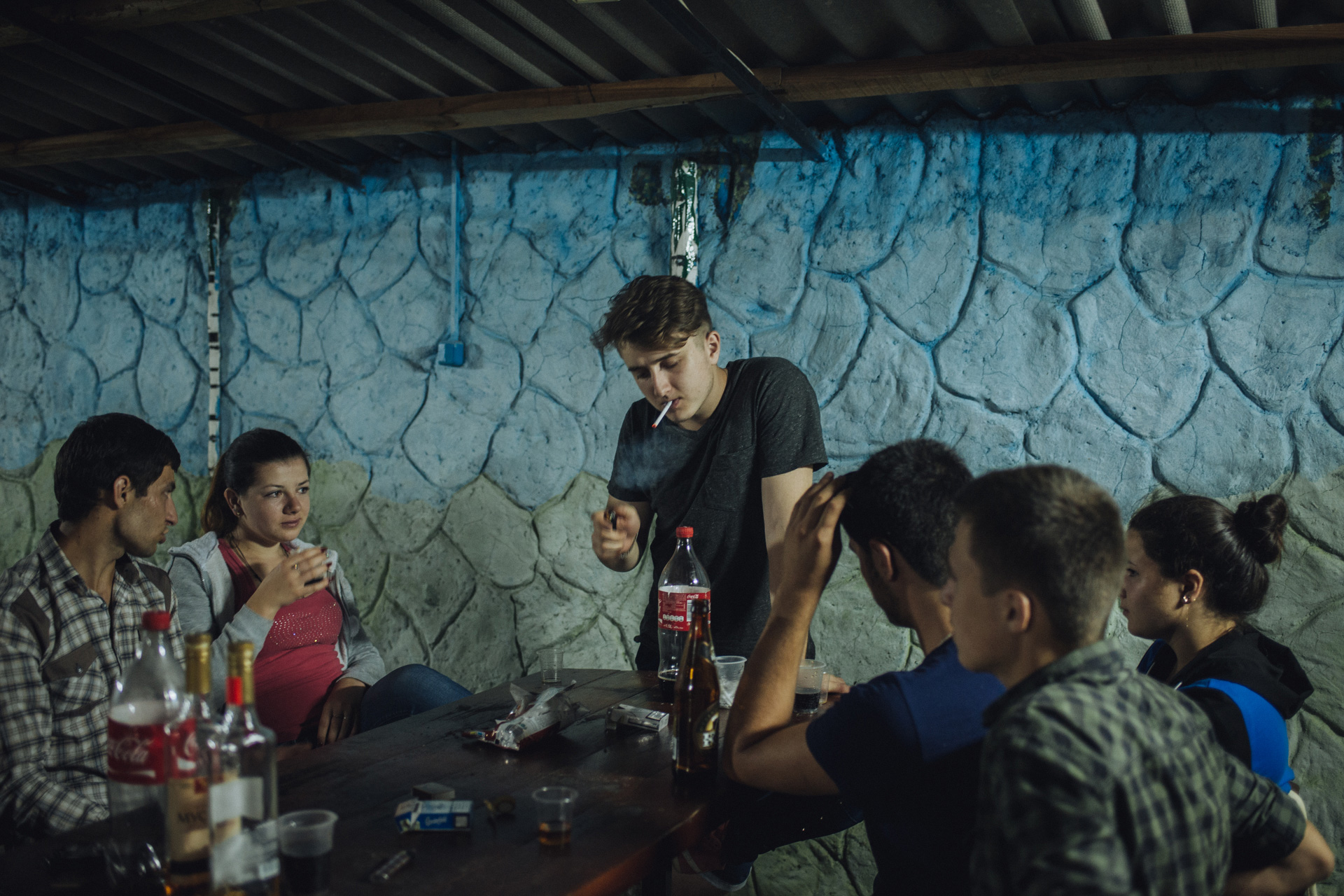
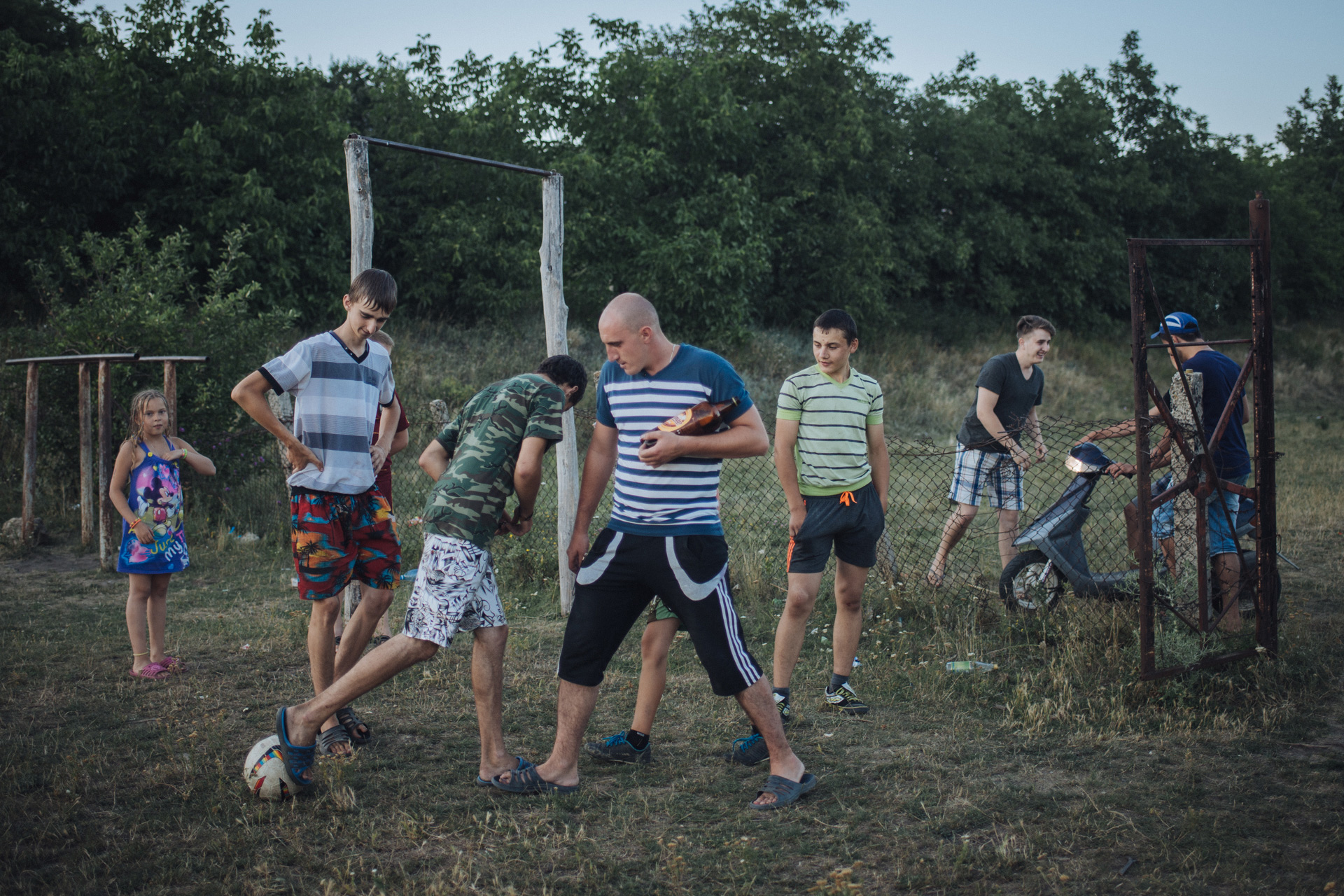
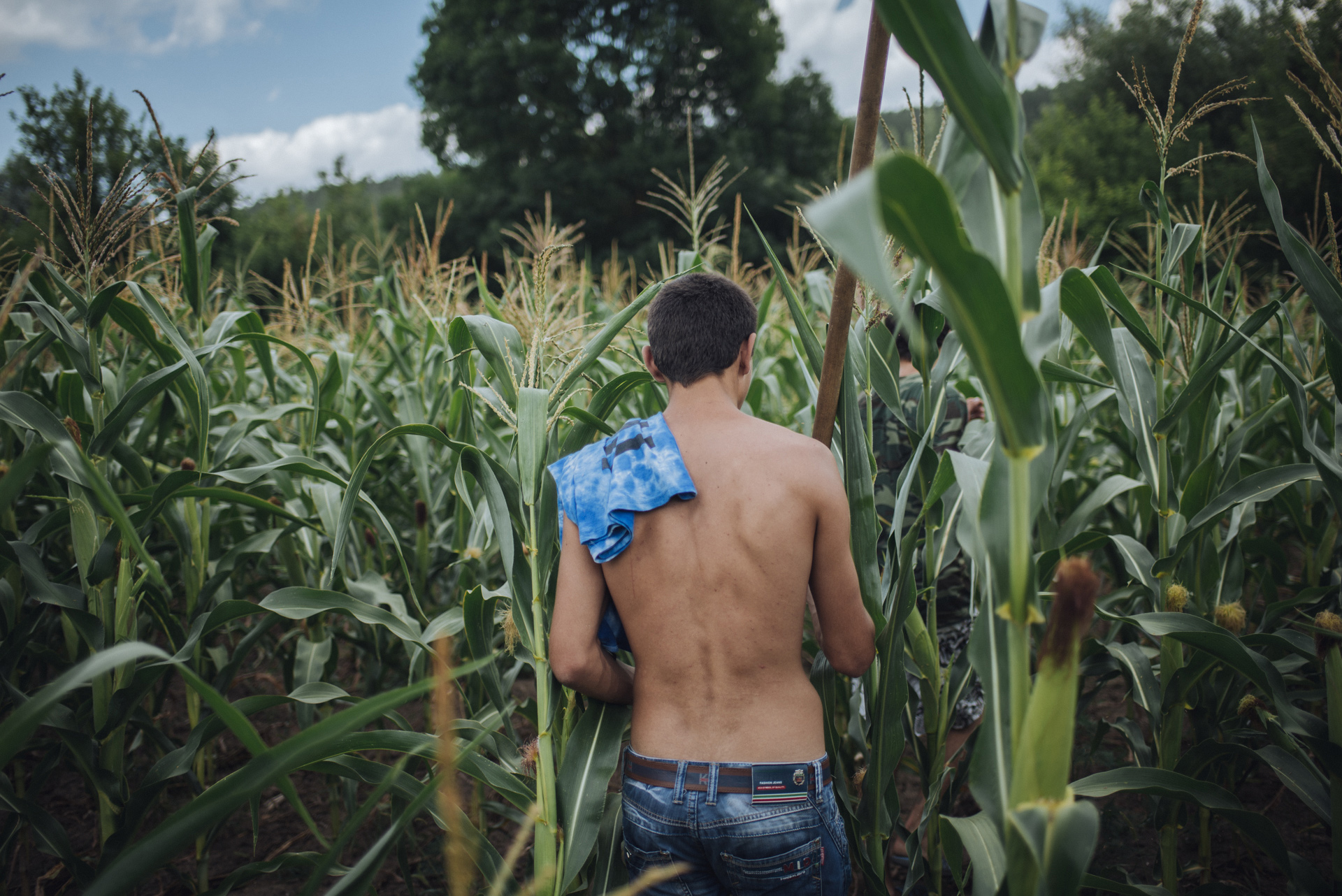
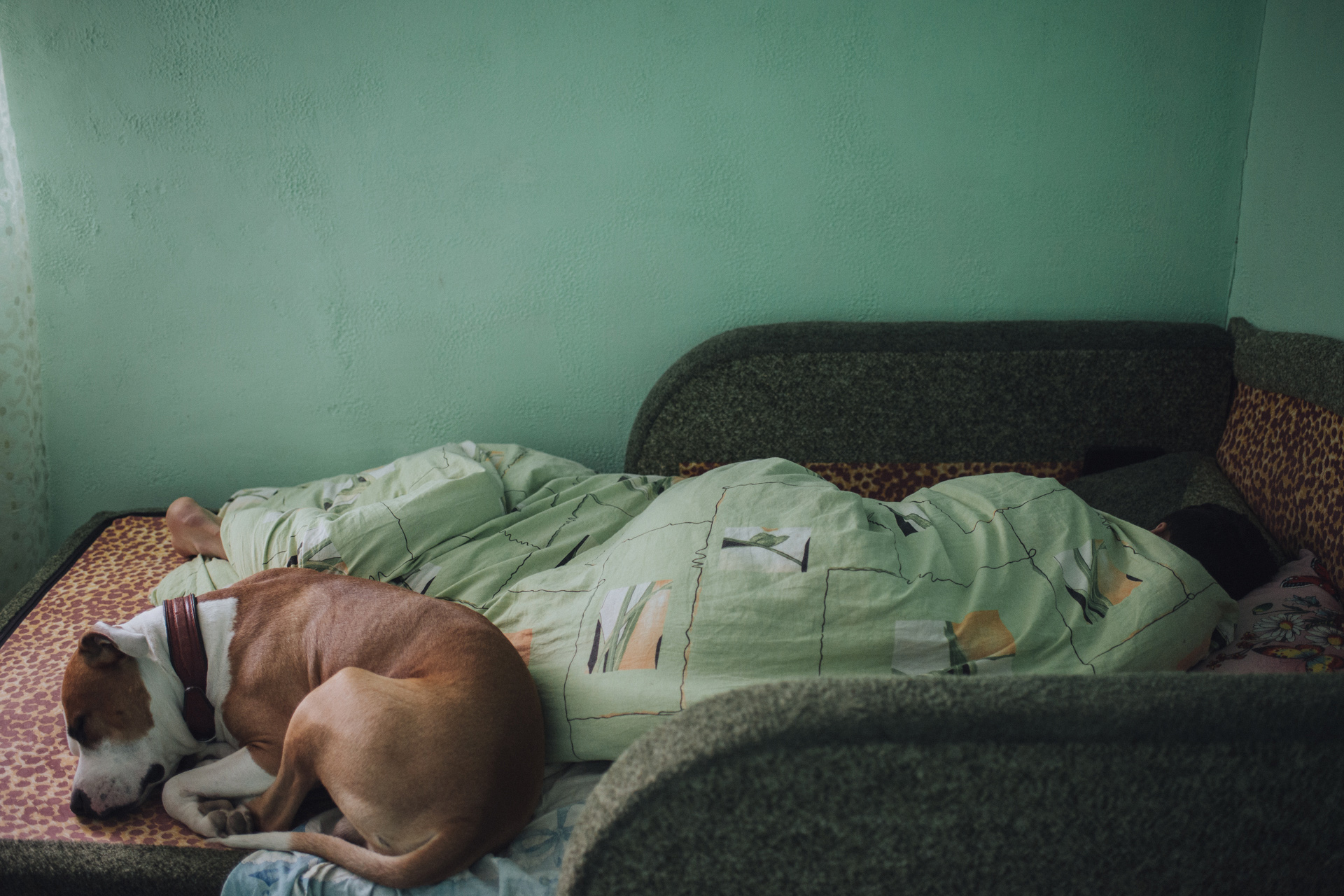
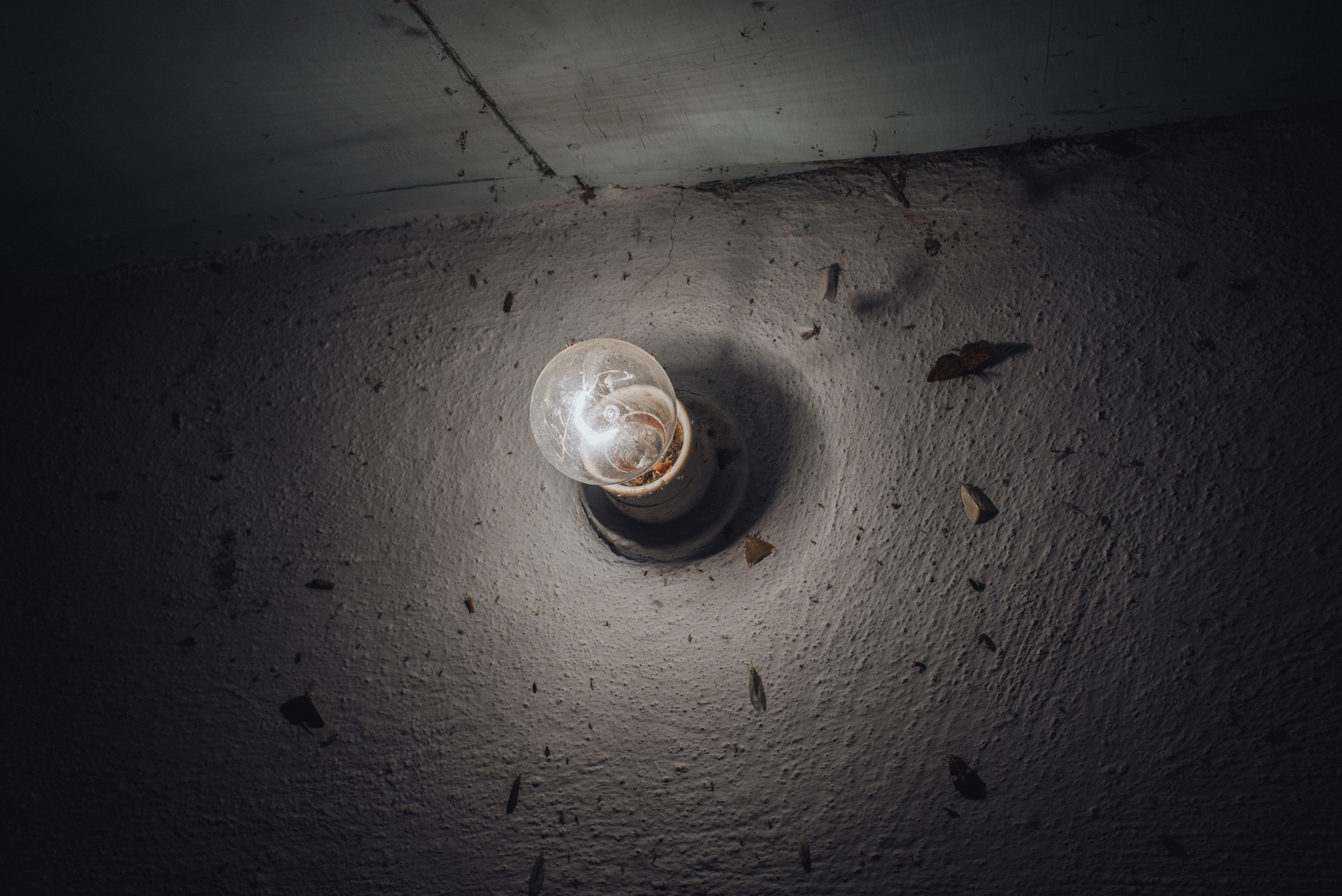
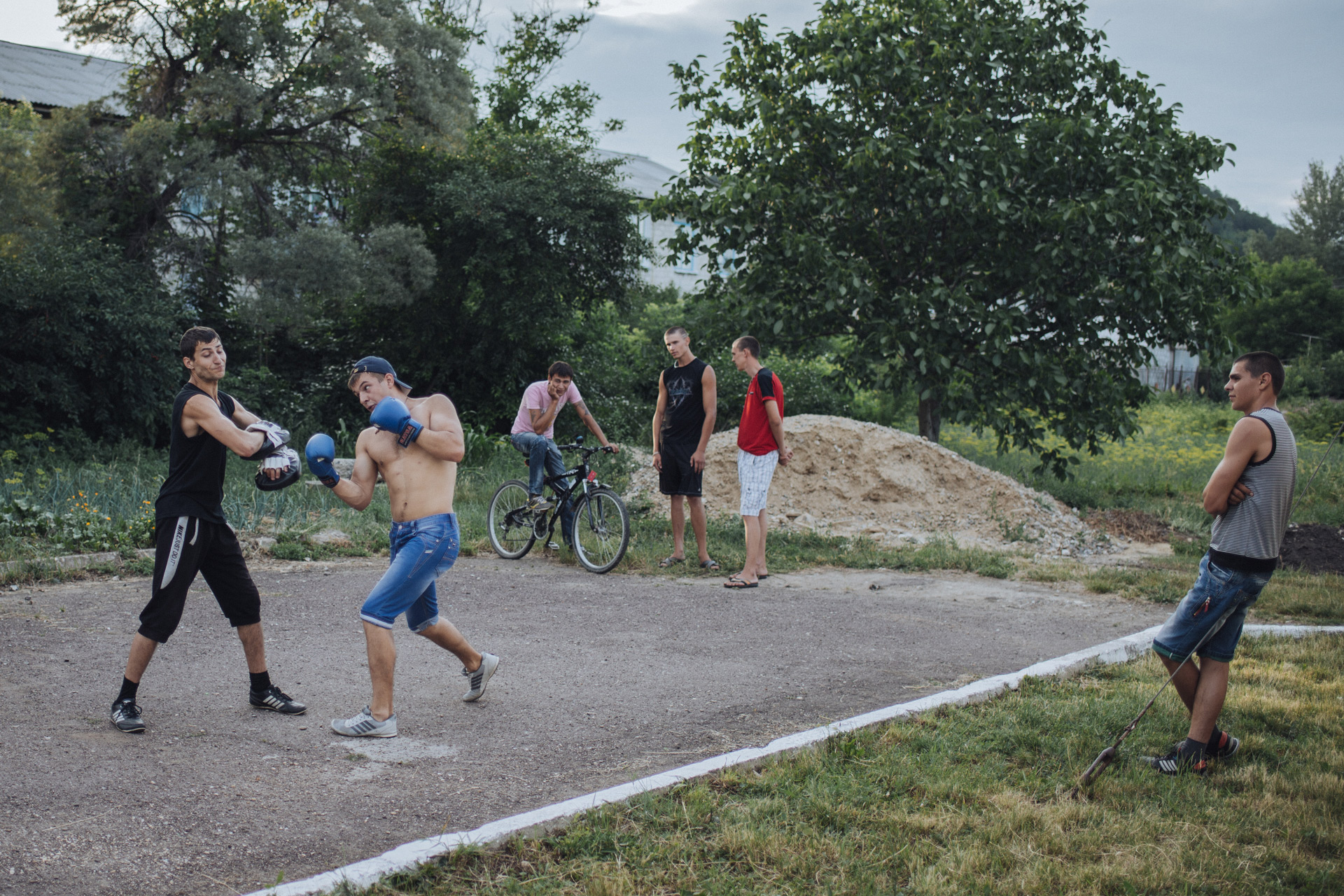
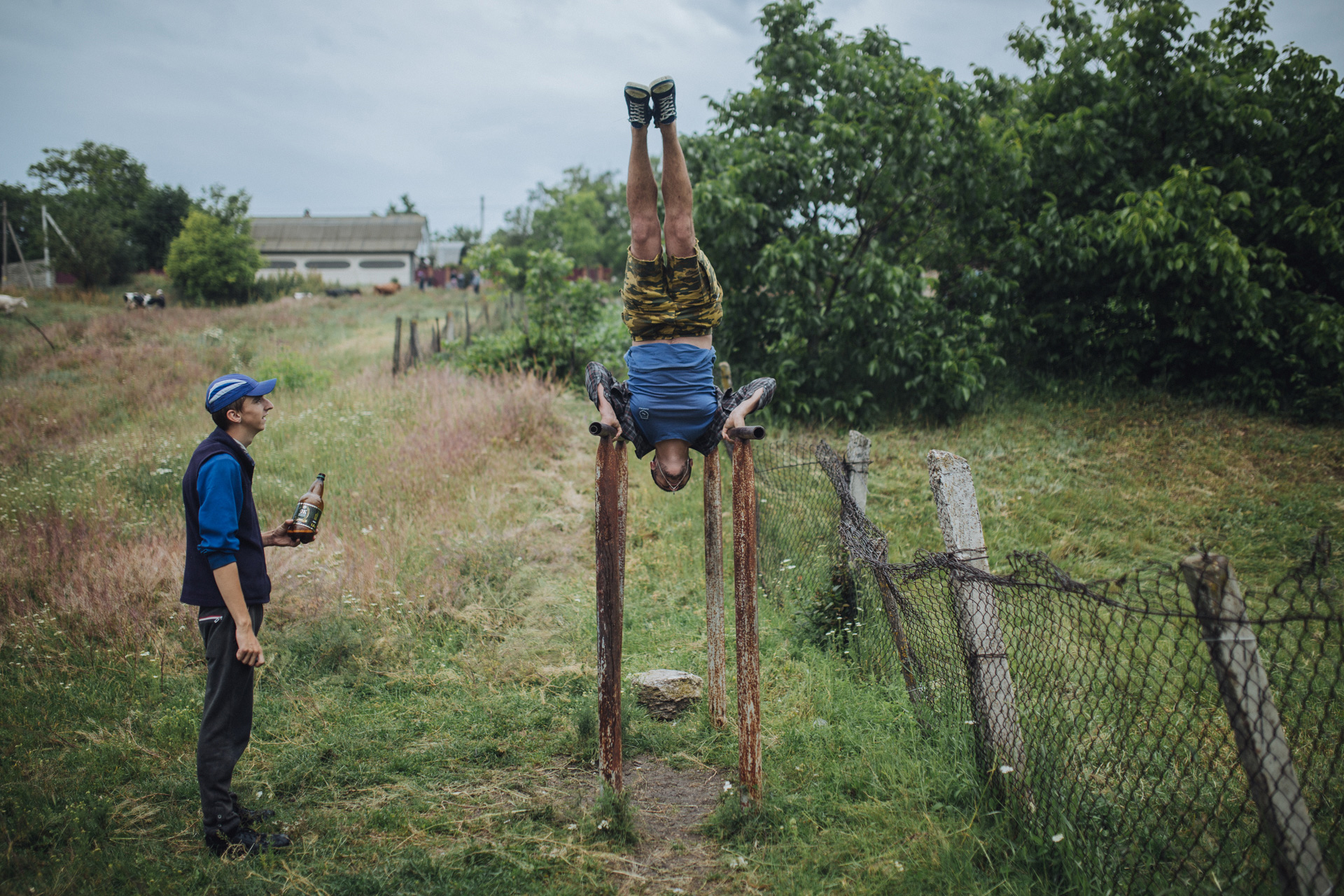
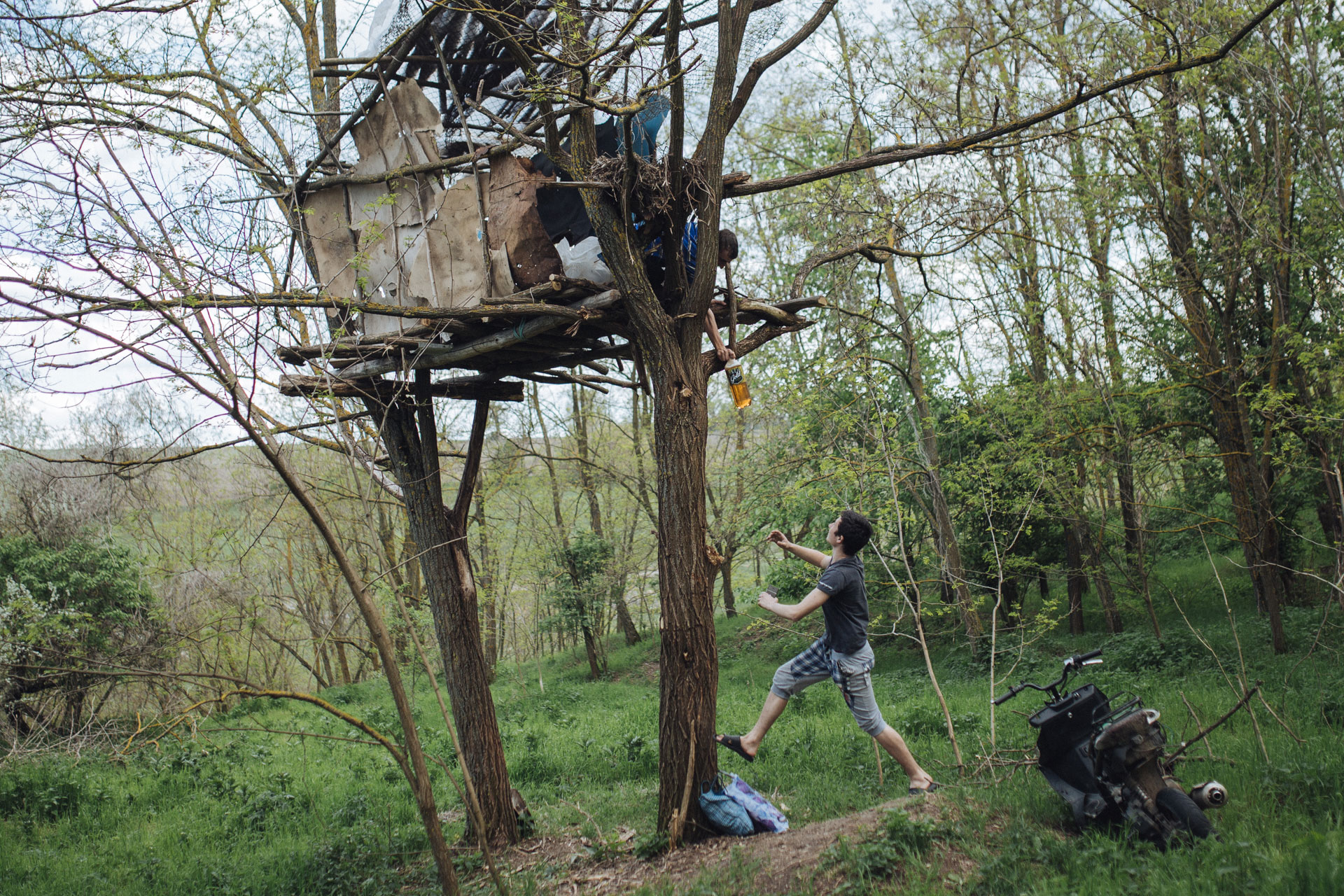
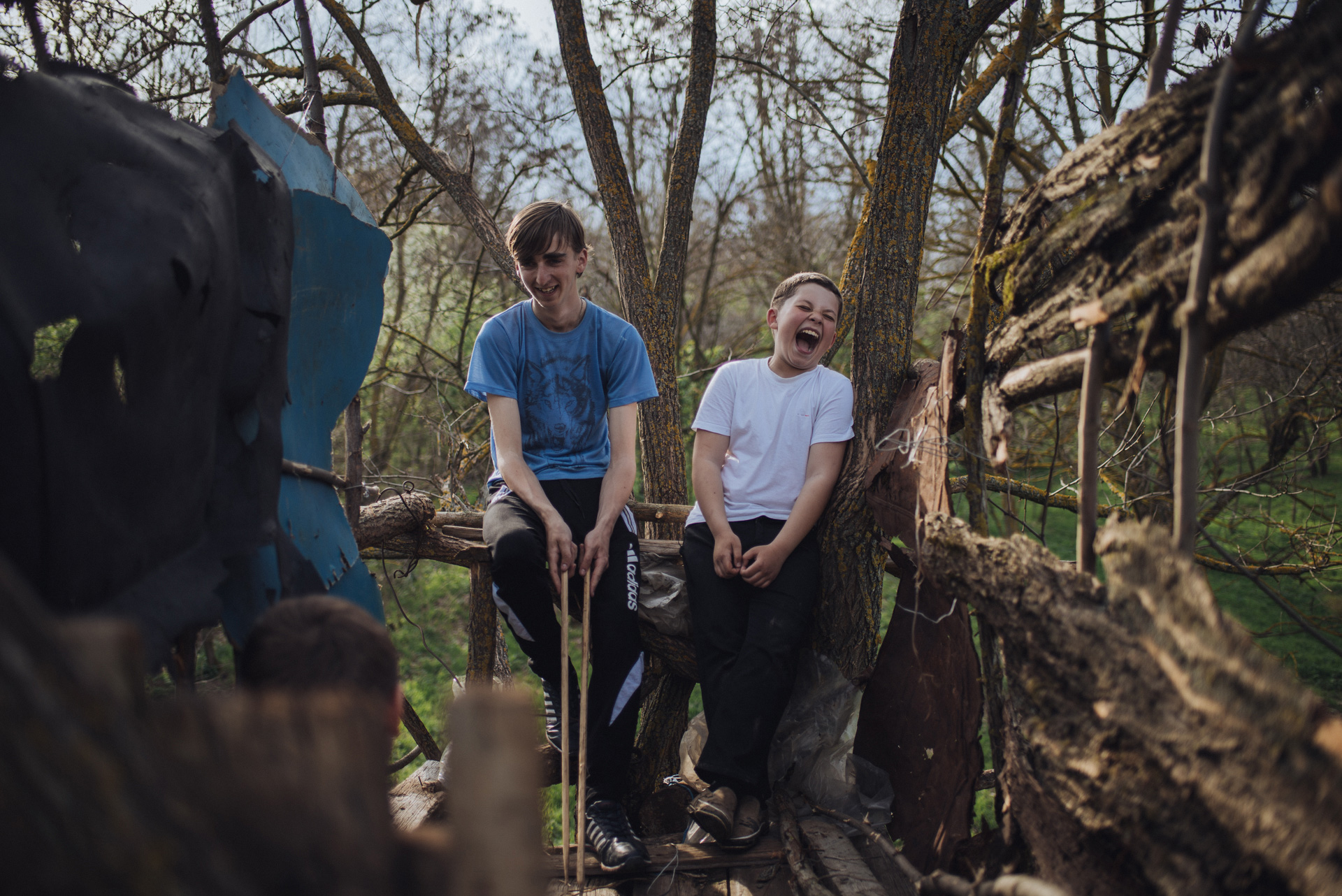
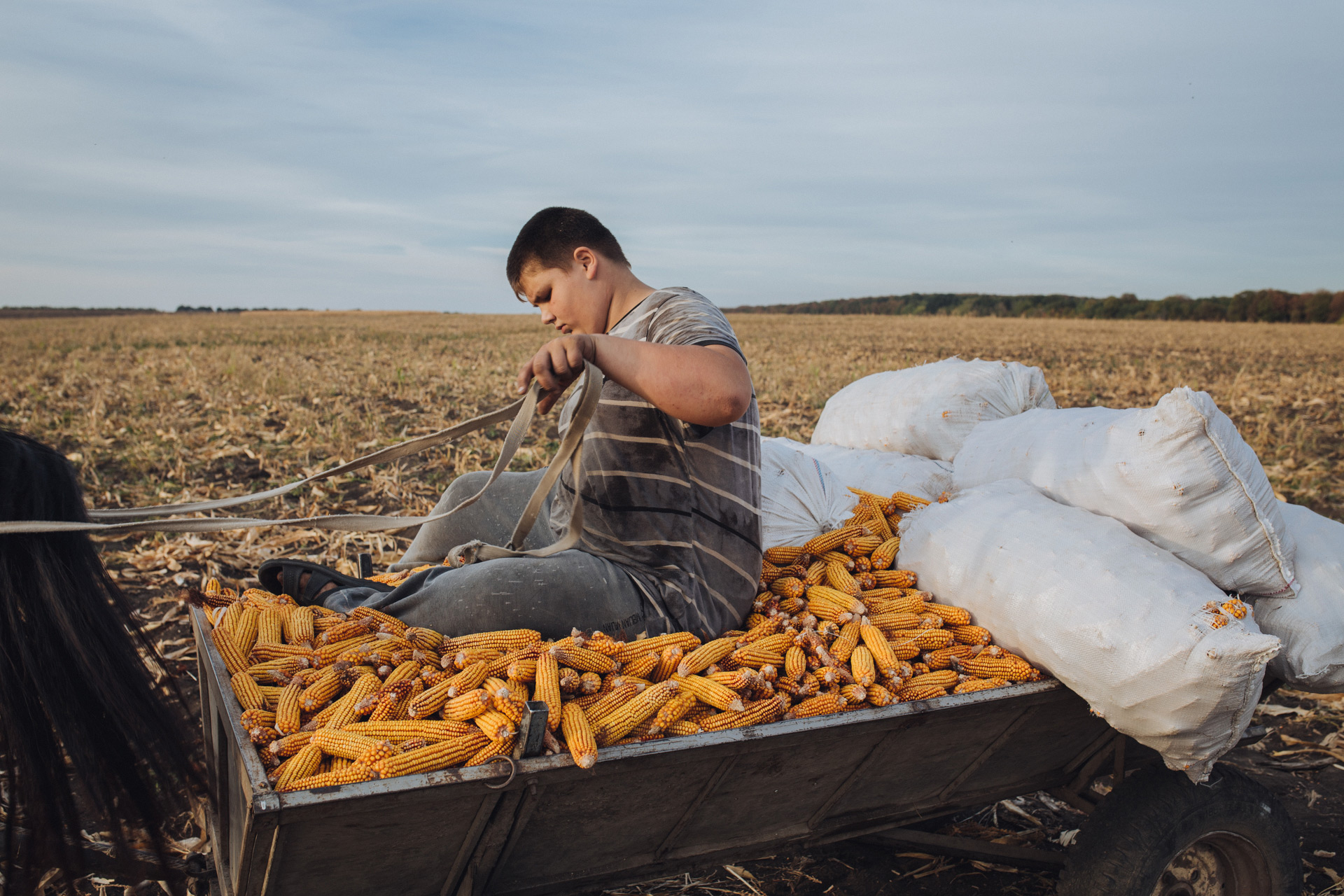
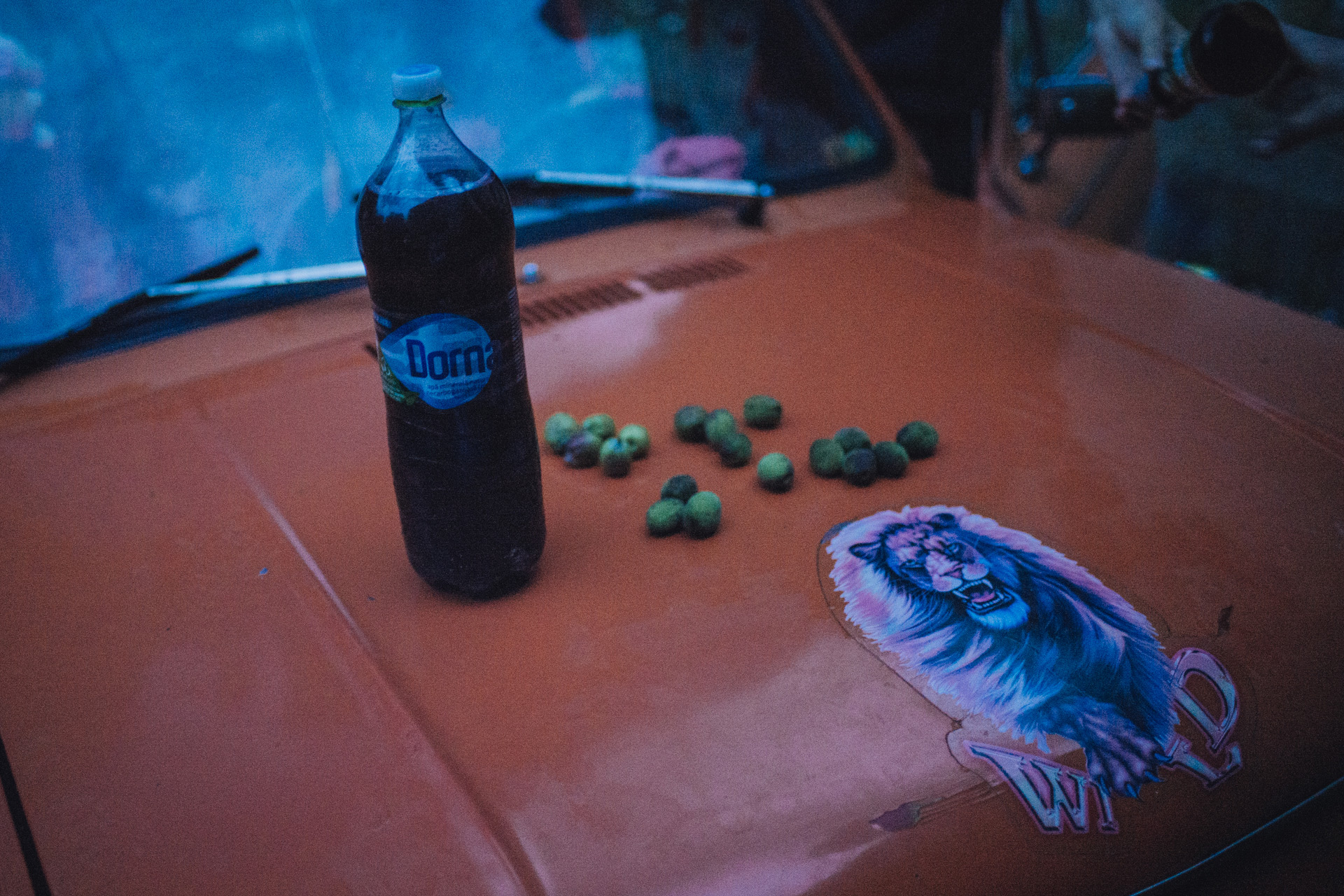
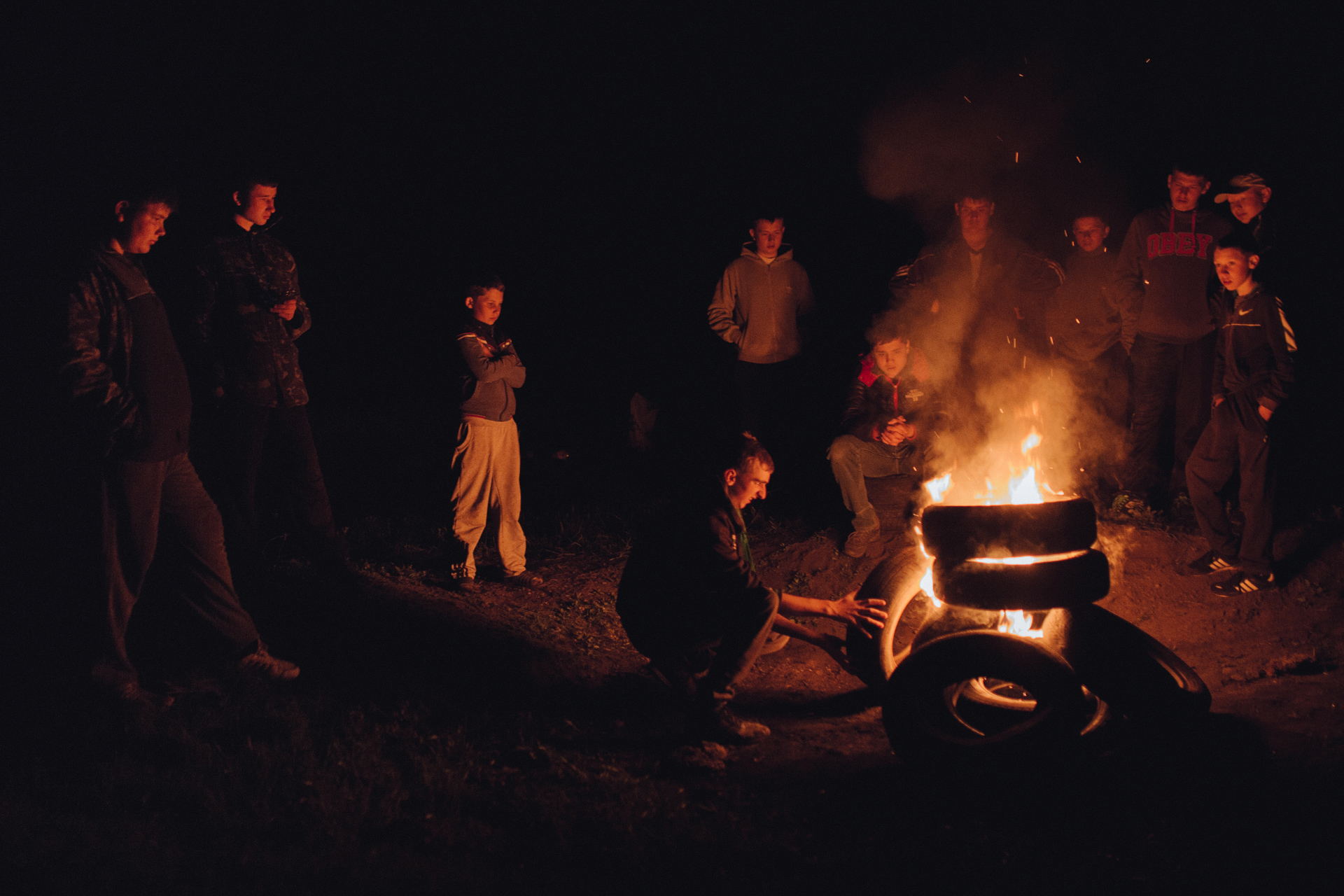
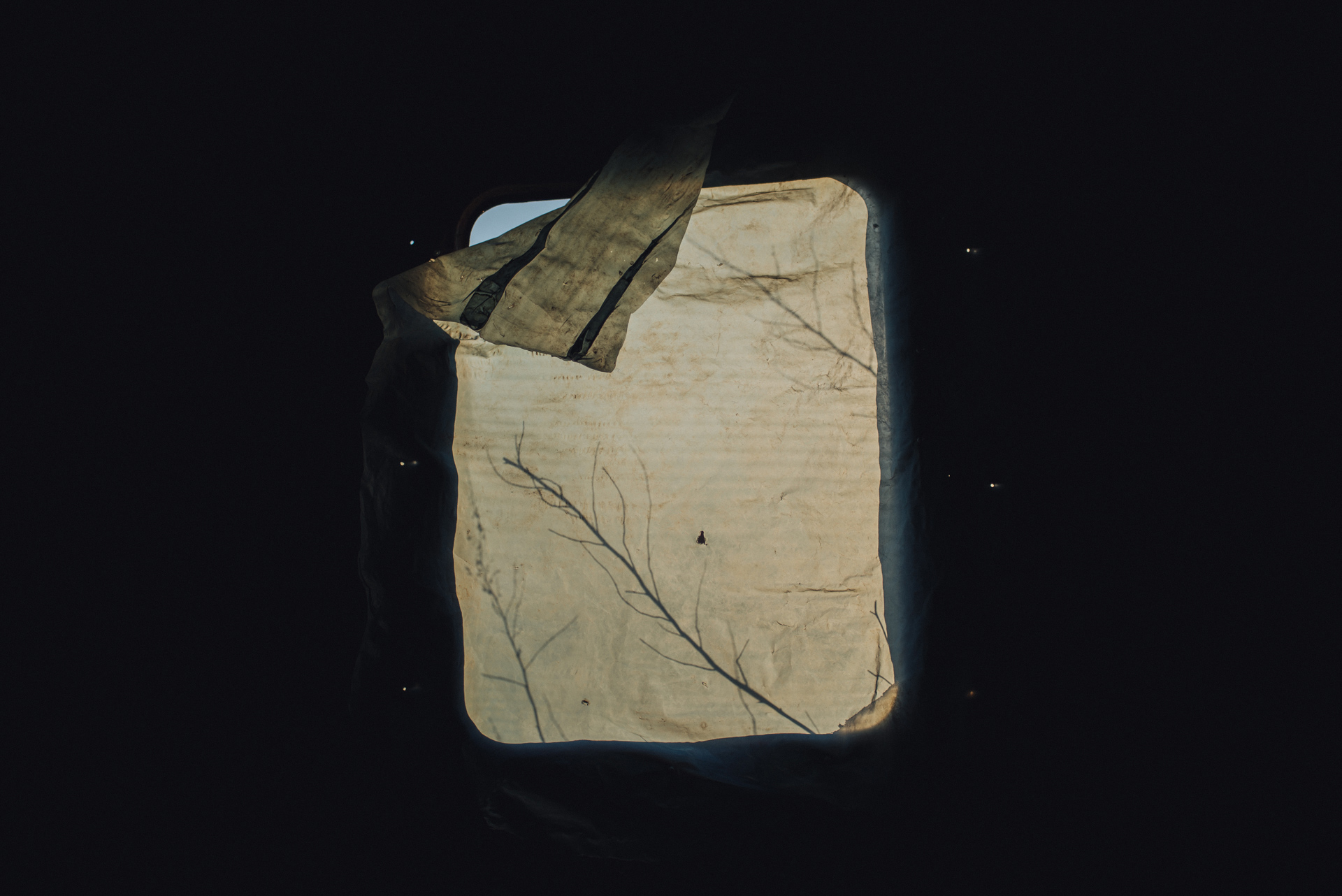
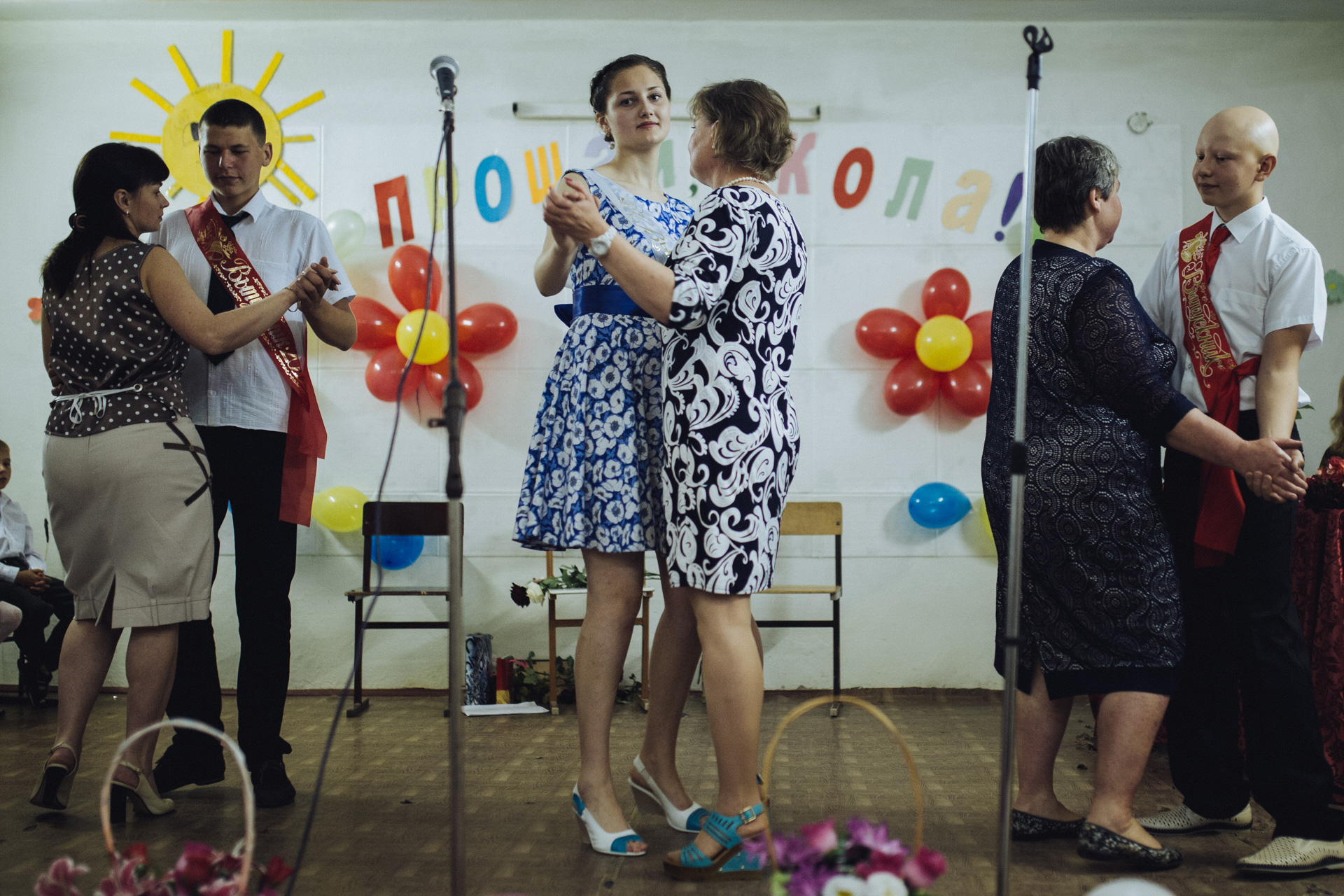
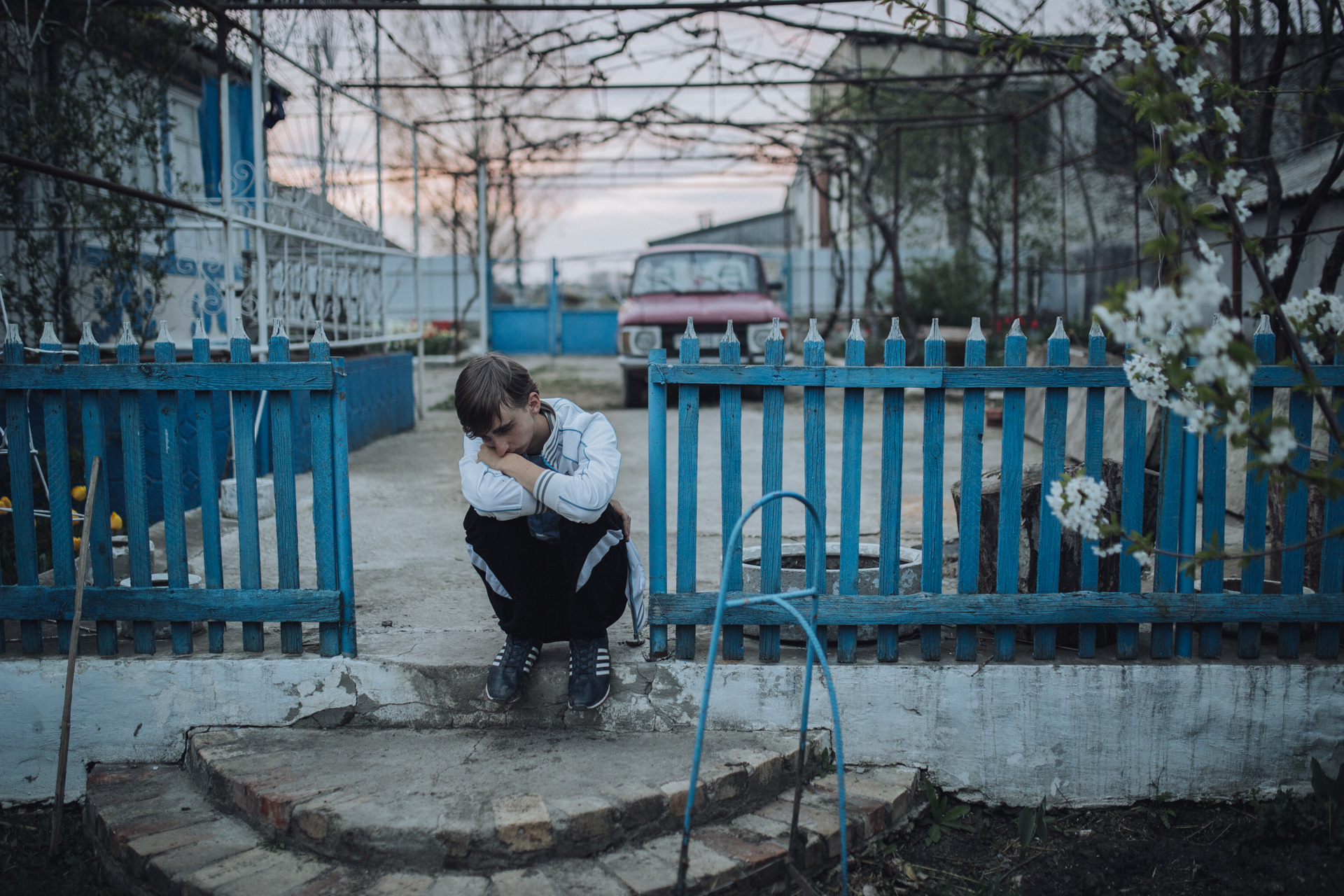
New and best
